Poster | Supporting individuals with an eating disorder
Introduction
This poster resource was created by advocates with lived experience of eating disorders and is designed to empower those providing support, whether in non-specialist hospitals, schools, or the community.
It offers practical strategies and guidance to help caregivers, educators, and healthcare providers work effectively with individuals navigating these serious conditions. This resource underscores the importance of empathy, collaboration, and understanding in fostering recovery.
Consider placing this resource in accessible locations, such as by a person's bedside in hospital settings or with healthcare assistants, to ensure it is readily available to those offering care and support.
We would like to thank the authors, Genevieve Mora and Adam Whiskin, the artist, Jessica Hinerangi (Māori Mermaid) for their contributions to this resource and their dedication to improving support for individuals with eating disorders.
This page was last updated on 4 December 2024.
Introduction
This poster resource was created by advocates with lived experience of eating disorders and is designed to empower those providing support, whether in non-specialist hospitals, schools, or the community.
It offers practical strategies and guidance to help caregivers, educators, and healthcare providers work effectively with individuals navigating these serious conditions. This resource underscores the importance of empathy, collaboration, and understanding in fostering recovery.
Consider placing this resource in accessible locations, such as by a person's bedside in hospital settings or with healthcare assistants, to ensure it is readily available to those offering care and support.
We would like to thank the authors, Genevieve Mora and Adam Whiskin, the artist, Jessica Hinerangi (Māori Mermaid) for their contributions to this resource and their dedication to improving support for individuals with eating disorders.
This page was last updated on 4 December 2024.
Introduction
This poster resource was created by advocates with lived experience of eating disorders and is designed to empower those providing support, whether in non-specialist hospitals, schools, or the community.
It offers practical strategies and guidance to help caregivers, educators, and healthcare providers work effectively with individuals navigating these serious conditions. This resource underscores the importance of empathy, collaboration, and understanding in fostering recovery.
Consider placing this resource in accessible locations, such as by a person's bedside in hospital settings or with healthcare assistants, to ensure it is readily available to those offering care and support.
We would like to thank the authors, Genevieve Mora and Adam Whiskin, the artist, Jessica Hinerangi (Māori Mermaid) for their contributions to this resource and their dedication to improving support for individuals with eating disorders.
This page was last updated on 4 December 2024.
Register your interest
Closed
Register your interest
Closed
Downloadable resources
Introduction
This poster resource was created by advocates with lived experience of eating disorders and is designed to empower those providing support, whether in non-specialist hospitals, schools, or the community.
It offers practical strategies and guidance to help caregivers, educators, and healthcare providers work effectively with individuals navigating these serious conditions. This resource underscores the importance of empathy, collaboration, and understanding in fostering recovery.
Consider placing this resource in accessible locations, such as by a person's bedside in hospital settings or with healthcare assistants, to ensure it is readily available to those offering care and support.
We would like to thank the authors, Genevieve Mora and Adam Whiskin, the artist, Jessica Hinerangi (Māori Mermaid) for their contributions to this resource and their dedication to improving support for individuals with eating disorders.
This page was last updated on 4 December 2024.
Introduction
This poster resource was created by advocates with lived experience of eating disorders and is designed to empower those providing support, whether in non-specialist hospitals, schools, or the community.
It offers practical strategies and guidance to help caregivers, educators, and healthcare providers work effectively with individuals navigating these serious conditions. This resource underscores the importance of empathy, collaboration, and understanding in fostering recovery.
Consider placing this resource in accessible locations, such as by a person's bedside in hospital settings or with healthcare assistants, to ensure it is readily available to those offering care and support.
We would like to thank the authors, Genevieve Mora and Adam Whiskin, the artist, Jessica Hinerangi (Māori Mermaid) for their contributions to this resource and their dedication to improving support for individuals with eating disorders.
This page was last updated on 4 December 2024.
Speakers
Wendy Kelly
Consultant Clinical Facilitator
As a Consultant Clinical Facilitator Wendy provides clinical leadership, knowledge and experience to plan, develop, review and deliver evidence-based content in a range of programmes. These programmes currently include Trauma informed care and Pregnancy/postnatal wellbeing and mental health.
Wendy is a clinical psychologist who has worked in the areas of mental health, trauma, maltreatment and foster care for over 35 years. Her work experience includes a CAMHS Service, Oranga Tamariki and private practice. She is currently a Clinical Practice Advisor at Victoria University and has a private practice specialising in working with clients who have experienced trauma. Wendy also provides supervision and training to a wide range of professionals.
She completed a PhD in 2015 exploring parent-child relationships in foster care and developing a model to assist these relationships therapeutically.
“I have been providing training in the areas of trauma and attachment for several decades and am very enthusiastic about contributing to upskilling the child and adolescent workforce in these areas.”
Emma Henderson
General Manager, Tourette's Association of New Zealand
Emma is the General Manager of the Tourette’s Association of New Zealand. She is a passionate advocate for neurodiversity and youth wellbeing. She brings both professional expertise and lived experience with Tourette syndrome, working alongside tamariki, rangatahi, and their whānau to raise awareness, challenge stigma, and create more inclusive environments. Emma also leads advocacy and education initiatives with key industries, ensuring greater understanding and support for people with Tourette syndrome across Aotearoa.
With a strengths-based approach, Emma is dedicated to empowering young people with Tourette syndrome to thrive in their schools, families, workplaces, and communities.
Rose Carson
Senior clinical psychologist, Carson Psychology | Psychology advisor, ACC
Rose Carson is a senior clinical psychologist and founder of Carson Psychology. She specialises in neurodiversity, trauma-informed practice, and professional development. Co-founder of the Case Consultant Package and Studio Mindspace, Rose partners with organisations and communities to build capacity, foster inclusion, and create sustainable, psychologically safe environments.
Clare Mafi
Advanced social work clinician, Health New Zealand | Te Whatu Ora
Clare is an advanced social work clinician at Health New Zealand | Te Whatu Ora. She was previously employed with the Ministry of Social Development as a case manager. She is of Tongan descent, hailing from the village of Fo’ui, Tongatapu.
Meggan Lam
Consultant clinical psychologist, Counties Manukau, Health New Zealand | Te Whatu Ora
Meggan is a perinatal clinician who has been working withchildren and their whānau for the last three decades. Meg is accredited as a watch,wait and wonder practitioner and supervisor, and is a certified circle ofsecurity facilitator. She utilises VIG (Video Interaction Guidance), relationshipassessment (strange situation, crowel procedure, and still face), EMDR, and ACT– drawing from attachment, psychodynamic, systemic, and narrative therapymodels.
Miliama Tapusoa
Clinical Lead, Pasifika Shining Lights
Millie is a respected talanoa practitioner and Pacific clinician with a rich background in mental health and addictions. She leads the Pasifika Shining Lights program and facilitates the successful 7-week Upega course — a Pacific lead program fostering mental wellness and resilience for parents, caregivers, and children aged 0–5 to connect, learn, and grow together.
A proud Pasifika mother of neurodiverse sons, Millie brings deep empathy, lived experience, and cultural wisdom to her mahi. Her heart for service shines through in the way she walks alongside whānau, offering practical support and hope.
Millie is a sought-after speaker, clinical supervisor, and specialist in children’s mental wellbeing. She is passionate about empowering Pacific and disabled communities, breaking down barriers, and creating safe, accessible pathways to healing and support.
Sam Taylor
Child and Family Psychologist, Stop
Samantha (Sam) is a Child and Family Psychologist working in the adolescent team at Stop. She works directly alongside rangatahi who have engaged in harmful sexual behaviour, supporting them to understand themselves, take responsibility for their actions, and engage in healing and growth so they can move forward safely.
Sam has more than a decade of experience with youth, having worked across a wide range of settings, including Oranga Tamariki residences, community support, youth justice and learning support. Her practice is grounded in evidence-based approaches, compassionate relationships, and in creating pathways for real change in the lives of young people and their whānau.
Sam knows this mahi takes all of us and is passionate about equipping professionals and communities with the tools and confidence they need to respond effectively to the complex needs of rangatahi. She is committed to creating safe and supportive environments that not only reduce harm but also foster positive sexual development — enabling young people to build respectful, empowering relationships and experience healthy, safe expressions of sexuality.
Nicky Cooper
Early intervention public health nurse, Health New Zealand | Te Whatu Ora – Nelson Marlborough | Te Waipounamu
Nicky Cooper is an early intervention nurse with over 30 years’ experience in hospital, rural, and community care. Based in Te Tauihu, she specialises in public health, parenting, and infant/perinatal mental health. Her work through the Hei Pā Harakeke programme focuses on strengthening early whānau relationships and collaborate care in the first 1000 days.
Dr Hinemoa Elder
Te Aupouri, Te Rarawa, Ngāti Kuri, Ngāi Takoto, Ngāpuhi | Kaiārahi Oranga Hinengaro, Te Hiku Hauora | Deputy Chair, Te Rūnanga Nui o Te Aupōuri.
Hinemoa has been a consultant child and adolescent psychiatrist and fellow of the Royal Australia and New Zealand College of Psychiatrists since 2006. Hinemoa is currently the Kaiārahi Oranga Hinengaro at Te Hiku Hauora in Kaitāia and the Deputy Chair of Te Rūnanga Nui o Te Aupōuri.
She has a PhD (Massey University 2012) and was an HRC Eru Pomare Post-Doctoral Fellow 2014-18.
She has been a deputy psychiatrist member of the NZ Mental Health Review Tribunal since 2012 and is a newly appointed member of the Human Rights Review Tribunal.
Hinemoa has experience in perinatal mental health in the community, having worked in teen parenting units, primary mental health, and the mother baby unit at Haumaru Ōrite | Starship Children’s Hospital.
Hinemoa was awarded an MNZM for services to Māori and psychiatry in 2019.
Michelle Cooney
Health Improvement Practitioner, Freshminds | Registered Psychotherapist, Walsh Maternal Mental Health (she/her)
Michelle is a registered psychotherapist and health improvement practitioner at Fresh Minds, where she provides compassionate, evidence-based mental health support within primary care. With over a year in this role, and eight years of prior experience in maternal mental health through a leading NGO, Michelle brings a rich blend of clinical expertise and community insight to her work.
Marion Doherty
Consultant Clinical Psychologist/Coordinator, Koanga Tupu (Infant Mental Health Team Kari Centre), Te Whatu Ora Health New Zealand
Marion has been working with children and their whānau for the past twenty years – specialising in work with infants and young children and their whānau for 14 years. Marion is accredited as a watch, wait and wonder and theraplay practitioner and is a certified circle of security facilitator. She utilises VIG (Video Interaction Guidance) and other forms of dyadic therapy informed by MBT and drawing from attachment, psychodynamic,systemic, and narrative therapy models.
Holly Coombes
Holly Coombes Ngāti Maru ki Hauraki (Marutuahu) | Consultant Clinical Psychologist | Clinical Lead | Manaaki Kākano | He Tupua Wairoa | Te Iho Whenua, [Perinatal Mental Health and Addiction Speciality Services], Kia Tū Ngāwari | Te Whatu Ora | Te Tai Tokerau
Holly is a consultant clinical psychologist with two decades of experience working alongside whānau in rural settings. She is a mama of three, with whakapapa connections to Ngāti Maru ki Hauraki (Marutuahi).
Her mahi is trauma-informed, healing centred, and explicitly incorporates sociocultural contexts as an integral part of the development of our view of ourselves and the world.
Seema Woollaston
Clinical Head, Te Tumu Waiora
Seema has been a clinical social worker in the mental health sector for over 25 years, with 14 years’ experience in CAMHs. She is also a trained health improvement practitioner and has spent six years in primary care offering early intervention and clinically supporting the integrated primary mental health and addictions programme.
Seema is a registered social worker (MSW, PG Dip CBT, PGCert HSc).
Jennifer Cassidy
Hospital Liaison Practice Leader, Oranga Tamariki
Jennifer has worked across the healthcare sector in a variety of different roles. She is currently the hospital liaison practice manager for Oranga Tamariki at Counties Manukau Health.
Jennifer holds a Bachelor of Applied Social Work.
Jo Nielsen
Child Protection Coordinator, Clinical Nurse Specialist, Te Whatu Ora Counties Manukau
Jo Nielsen is a paediatric clinical nurse specialist. Trained in the UK, she has lived in New Zealand for 17 years working for Kidz First Children’s Hospital. Jo has worked in the child protection space for the past 14 years.
Jo holds a Post Graduate Diploma, Health Science in Advanced Nursing Practice with Distinction.
Moana Eruera
Ngāpuhi, Ngāti Ruanui ǀ CEO, Ngāpuhi Social Services
Moana has more than 30 years of experience in social and community work including family violence prevention, child safety and protection, youth justice, Ngāpuhi based violence prevention, and research.
She is committed to strengthening whānau, child safety and wellbeing, reclaiming and application of indigenous frameworks and practices in social and community work, youth intimate partner violence prevention approaches, and the development of Māori and indigenous people.
Moana holds a PhD in Indigenous Studies.
Judge Ali’imuamua Sandra Alofivae
District Court Judge, District Court of New Zealand
Sandra is a barrister, serving as a Judge on the Manukau District Court, and was formerly Commissioner to the Royal Commission of Inquiry into Historical Abuse in State Care.
Sandra is a tireless advocate for children, families, and youth, and shaped major child protection reforms. She continues to champion justice, equity, and system accountability across legal and public service sectors.
Ihorangi Reweti
Ngāti Tūwharetoa, Ngāti Tahu-Ngāti Whaoa, Ngāti Kahungunu ǀ Rangatahi Advisor, VOYCE Whakarongo Mai
Ihorangi is a passionate youth advocate and advisor, who played a key role in the Abuse in Care Inquiry. He shared his lived experience to push for change, championing trauma-informed mental health support and greater system accountability for rangatahi in state care and youth wellbeing spaces.
Hannah Whittaker-Komatsu
Programme Director Lived Experience, Ministry of Health – Manatū Hauora
Hannah Whittaker-Komatsu, in her own words, celebrates life outside the box. Her work in the peer support space began when she was just 22 years old. Since then, she has journeyed alongside people in a variety of lived experience spaces and roles.
Hannah currently works for Ministry of Health – Manatū Hauora as the programme director lived experience, within the Ministry’s Mental Health, Addiction and Suicide Prevention group.
Dr Cadence Kaumoana
Ngāti Maniapoto, Wakato, Ngāti Paoa I Chief Executive, Public Health Association of New Zealand (PHANZ)
Dr Cadence Kaumoana is the Chief Executive of PHANZ, where she leads national advocacy for equity, systems change, and the right to health for all.
With a background in education, kaupapa Māori research, and public health leadership, Cadence brings a values-based and grounded approach to intergenerational wellbeing and community resilience. Her work spans community wellbeing, public health equity, healthy living and workforce development. She is committed to centring lived experience and whānau voice in shaping the future of health and social systems in Aotearoa New Zealand.
Cadence holds a Doctorate (PhD) of Education, Master of Education, Post Graduate Diploma of Māori Education, a Graduate Diploma of Teaching and a Bachelor of Arts.
Rosie Mimms
Marketing Communications Coordinator
Rosie’s role is to provide communications support and coordination to the wider Whāraurau team, ensuring that our work is effectively communicated to stakeholders. She is also involved in developing and supporting the delivery of communications plans, strategies, and operations.
Rosie has prior experience in communications roles across both the public and private sector. She has a Bachelor of Arts (B.A.) degree in Political Science and Communications Studies from the University of Otago.
“I believe that Whāraurau does essential work in supporting the mental health and addiction workforce here in Aotearoa New Zealand. My role enables me to contribute to promoting the professional development opportunities we offer and influencing positive outcomes in the sector.”
Dr Siale Alo Folilaki
Consultant psychiatrist | Counties Manukau
Dr Foliaki is a consultant psychiatrist with Counties Manukau, based at Middlemore Hospital in Otāhuhu. He chairs the Tongan youth suicide prevention group, Toko Collaboration, and is a director of Vaka Tautua, a charitable trust providing health services and support to older people, people with disabilities, and those needing support with mental health.
Siale was the lead psychiatrist for the development and national rollout of the of the crisis mental health services project with the Ministry of Health. He’s a Fellow of the Australian and New Zealand College of Psychiatrists, and is unique in having dual fellowship — in both adult, and child and adolescent psychiatry.
As well as his clinical work, Siale has undertaken extensive research projects, the most significant being his involvement in the New Zealand Mental Health Survey Te Rau Hinengaro. He’s had significant involvement in policy level roles with the Ministry of Health and the Mental Health Commission and had a key role inwriting the cultural competency guidelines for Pacific people for the New Zealand Medical Council.
Hailing from the Kingdom of Tonga, Dr. Foliaki has cultivated a deep connection with his Pacific heritage and culture throughout his life, which has greatly influenced his career and passion for improving the lives of Pacific peoples.
Rebekah Fraser
Registered occupational therapist | Project manager
Rebekah (Bex) is a registered occupational therapist and project manager with over 15 years of experience in paediatric clinical work, personal injury service design and delivery, and sexual harm prevention education.
Bex works for Stop in Christchurch where she has recently delivered New Zealand's first online platform addressing youth concerning and harmful sexualised behaviour (www.presspause.co.nz).
Bex is passionate about delivering innovative, culturally informed solutions in the health and social services sectors.
Kathy Pham
Project support coordinator
In her role at Whāraurau, Kathy is responsible for ensuring the smooth planning, coordination, and delivery of event logistics across both internal and external stakeholders and suppliers, aligning with project goals and timelines.
Kathy has a background in sales and marketing, student services and counselling within the education sector. Her work has involved handling logistics and budgeting and preparing a wide range of support materials for study groups and students. Additionally, she has experience in hospitality and customer support.
She has recently completed her Bachelor of Business, majoring in management and leadership and minoring in business law.
“My role is important to me at Whāraurau because it allows me to contribute to meaningful projects that support the professional development of those working in the mental health and wellbeing sector. I take pride knowing that my work behind the scenes helps connect people with valuable knowledge, training, and support.”
Pip Bowler
Mental Health, Addictions, and Intellectual Disability Services (MHAIDS) Whānau Advisor for the young person’s sector
Pip has a 25-year background in youth mental health, including roles as a social worker, Ministry of Health contracted project worker, and advocate.
Pip also brings lived experience of being a whānau member of someone who engaged in mental health services.
In the role of whānau advisor, Pip is involved with training staff, quality improvement projects, elevating whānau voice, improving information and support for whānau, and is a passionate supporter of equity for Māori in mental health and addiction services.
Pip coordinates the MHAIDS Supporting Parents Healthy Children project for the Te Upoko o Te Ika a Māui (the greater Wellington region) and is on the national steering group.
Khushali Jana-Pett
Project support coordinator
Khushali ensures logistical management of workshops, trainings and events. She works closely with the workforce delivery leads to deliver training in the mental health sector for infants, children, adolescent and youth in Aotearoa.
Khushali previously worked as a course coordinator for Primary ITO | Te Pukenga. She was responsible for the planning, scheduling and organisation of nationwide training courses for all akonga | students in the agricultural sector. She also has a background in customer service, process administration and operations. Her experience as a sales and digital executive has given her insights into how to improve business process through great communication – especially when communicating digitally.
Khushali has a master’s in food technology from Lincoln University and a Bachelor in Bioengineering from India.
"I am passionate about learning and development, and an advocate for mental health and wellbeing. Knowing that Whāraurau’s mahi is empowering communities with resources and knowledge in the mental health space in New Zealand is immensely special and essential."
Dr Gloria Fraser
Lecturer in health psychology | Victoria University of Wellington
Gloria (Kāi Tahu, Kāti Māmoe, Pākehā; she/her) is interestedin mental health, identity and culture, and how academic teaching and researchcan make change in the real world.
She has previously conducted community-basedresearch about rainbow peoples’ experiences of accessing mental health supportand gender-affirming healthcare.
Currently, Gloria’s work focuses on eatingdisorders and body image, particularly among Māori, and increasing the culturalresponsivity of clinical frameworks. She is a previous heamana (chairperson)and current hēkeretari (secretary) of Te Tira Wānanga Māuiui Kai (the nationalMāori Eating Issues/Disorders Network) and an enthusiastic member of the TeKura Tātai Hauora Waiata Rōpū.
Gloria is a registered clinical psychologist who continues to practiceclinically alongside her academic role.
Joanne Lawless
Facilitator | Altogether Autism
Joanne has extensive experience of autism, both professionally and personally, and is an experienced facilitator in adult learning. Joanne’s two adult sons are both autistic.
She has a wide experience in both volunteer and paid roles in disability settings and has worked in a disability advisory role for disability training organisations.
Joanne is passionate about Enabling Good Lives (EGL) and system transformation as she works to bring about positive change in the lives of disabled people and their families | whānau.
Tereihine Roberts-Thompson
Lead facilitator | Administrator | Kaharawa Limited
He maramara nō te whare tapu o Ngāpuhi, he kuaka nō roto o Muriwhenua nui tonu! He wiwi, he naati nō Porourangi rā! Whakawhiti ki te rohe o Tainui waka e ko Te Nehenehenui e haruru nei! Tihei Māuriora.
Tereihine Roberts-Thompson is the administrator and leadfacilitator of Kaharawa alongside her father, Harley Thompson.
She has a Bachelor of Arts in Cultural Anthropology andMāori Studies (Victoria University of Wellington) and aspires to nurture thewell-being of whānau through pūrākau and storytelling.
Kathryn Wright
Registered counsellor
Kathryn has studied and worked in the field of rural mentalhealth for ten years and has experience working with people aged 5 to 85, bothin schools and privately. She is a full member of the New Zealand Associationof Counsellors, and is on the Community Health Council for Otago and Southland.Kathryn is also an accredited mental health first aid instructor.
Terry Fleming
Associate Professor at Te Herenga Waka | Victoria University
Terry Fleming has a clinical background in youth health and mental health services in South Auckland.
Her work focuses on scalable approaches to improving youth mental health in Aotearoa New Zealand and internationally.
She is a co-developer of SPARX, a computerised cognitive behavioural therapy program, and co-led Youth19—the latest iteration of the Youth2000 survey series.
Terry has published widely on population youth mental health and wellbeing and has advised government agencies in New Zealand and beyond. You can see more about her work here: https://terryflemingvuw.wordpress.com/
Nikki Denholm
Director | The Light Project
Nikki Denholm, MNZM, has a health background with expertise in emerging gender and sexual health issues. She has held senior leadership positions in maternity clinical services and founded the NZ FGM Education Programme and the African Refugee HIV/AIDS Education Programme. In 2017, she established The Light Project, New Zealand's leading service equipping young people, their families, and youth services to positively navigate the changing digital sexual landscape.
Wiremu Gray
Mana facilitator
Wiremu has beenworking in the space of Māori woodcarving, wellbeing, leadership, supervision and counselling for over 20 years.He is passionate about changing negative health statistics, especially forMāori. He believes that having a bicultural approach to wellbeing using the 'Tewhare Mauri Ora' model is a positive step forward for institutions and healthproviders in Aotearoa.
Chris Taua
Director | Consultant | Pumahara Consultants, Personal and Professional Development Specialists
Chris has over 25 years' experience in the health/disabilitysectors, a background in mental health and is a registered nurse . Hereducation includes mental health, disability, ethics and boundaries,communication and de-escalation, collaborative note writing, and culturallysafe practice.
Chris’s PhD explored the mental health inpatient experiencesof people with intellectual disability and she continues to publish on this andother topics, including cultural diversity/cultural safety.
She is currently Director and primary consultant for‘Pumahara Consultants, Personal and Professional Development Specialists’ andholds an Honorary Senior Lecturer role with The University of Queensland, aswell as other teaching roles with Universities around New Zealand andAustralia.
Harley Thompson
Ngāti Porou, Ngāti Maniapoto | Director and facilitator | Kaharawa Limited
Harley Thompson from Ngāti Porou, Ngāti Maniapoto is the founder of Kaharawa Limited and the creator of the KAHA model. He has 35 years plus experience in the social service sector, is a registered social worker and has an Adult Diploma in Education, Bachelor of Social work and Masters in Māori and Indigenous leadership from the University of Canterbury.
His life learnings have culminated in developing transformational change programmes for whānau, community and professionals.
Morgan Benington
Operations Manager | Poutaki Whakahaere
As Operations Manager, Morgan is responsible for leading the business support function and overseeing operations, marketing and communications, data and evaluations and project coordination. The aim being to drive efficiency, strategic alignment, continuous improvement and ensure business continuity. She is part of the senior management team, providing strategic and operational support.
As a cross-functional leader with two decades of experience, Morgan believes in fostering collaboration across diverse teams, ensuring alignment, efficiency, and innovation to drive exceptional customer experience and business success. This broad perspective enables her to break down silos, optimise resources, and deliver strategic outcomes that benefit the entire organisation.
Morgan has a Bachelor of Arts in French and English and a Bachelor of Secondary Teaching. She is a certified ICAgile professional and has completed studies in reimagining the customer experience with generative AI, Design Thinking, Embracing a customer obsessed mentality and Design thinking for innovation: Stakeholder engagement
“My role is important to me because I am deeply service-driven and committed to creating an environment where kaimahi can thrive. I find great reward in supporting teams who serve the public, ensuring they have the resources, systems, and guidance to make a meaningful impact. By leading with efficiency and care, I help strengthen our collective ability to deliver valuable outcomes for our communities.”
Holly Carrington
Women’s Refuge research & development advisor | National Collective of Independent Women’s Refuges Inc. Ngā Whare Whakaruruhau o Aotearoa
Holly has over two decades of experience in family violence specialist roles. She has written, trained and presented about family violence for a wide range of audiences, including speaking at conferences and symposia and publishing reports and articles.
After moving to Tamaki Makaurau | Auckland from her native California in 1999, she volunteered for Shine (Safer Homes in NZ Everyday) in 2000 and then was employed from 2001. She initially worked in frontline roles with people experiencing family violence and men using violence. Holly moved into leadership roles and acted as media spokesperson and policy advisor.
She moved to Wellington with her family in 2018 and worked remotely as DVFREE Programme Lead, then left in August 2022 to work as a Family Violence Principal Advisor with the Ministry of Justice. Holly rejoined Shine’s education and training team part-time in January 2024, when she also joined the policy and research team of the National Collective of Independent Women’s Refuges.
Dr Hannah Kennedy
Research Fellow | Department of Psychological Medicine University of Otago – Christchurch
Dr Hannah Kennedy has a background in diagnostic genetics and has now moved into exploring eating disorders. She has a particular interest in avoidant/restrictive food intake disorder (ARFID). She is interested in both the lived experience of those affected, and understanding the biological mechanisms involved (including genetic factors).
Hannah has a PhD in Psychology
Giselle Bahr
Clinical psychologist | Co-founder of ACT Wellington
Giselle Bahr is a clinical psychologist and co-founder of ACT Wellington. She has been using Acceptance and Commitment Therapy (ACT) in her practice since 2008 and has been trained and supervised by many of the world’s leading ACT therapists and researchers.
Giselle has worked at Child and Adolescent Mental Health Services, in private practice with adults and adolescents, and trained clinical psychology students at Victoria University of Wellington.
She has developed and facilitated ACT groups for parents and adults and served on the board of ANZ ACBS.
Ben Sedley
Clinical psychologist | Co-founder of ACT Wellington
Ben Sedley is New Zealand's only peer-reviewed Acceptance and Commitment Therapy (ACT) trainer. He is a clinical psychologist and co-founder of ACT Wellington.
He has been using ACT in his practice for over 20 years and has been trained and supervised by many of the world’s leading ACT therapists and researchers.
Ben has worked at Child and Adolescent Mental Health Services, in private practice with adults and adolescents, and trained new clinical psychology students at Victoria University of Wellington.
Ben wrote ‘Stuff that Sucks: Accepting what you can’t change and committing to what you can’, which introduces ACT to teenagers and Stuff That’s Loud: A Teen’s Guide to Unspiralling When OCD Gets Noisy (co-authored with Lisa Coyne).
Tisha Hancock
Māori Advisor
Tisha is a Māori advisor within Whāraurau’s Cultural Advisory team.
Her background has been shaped by her deep commitment to supporting Māori. A graduate of kura kaupapa and kohanga reo, she is a passionate Kaupapa Māori advocate. Her work with youth and iwi has been central to her career, beginning with her involvement in youth councils and programs from a young age.
Tisha’s experience includes working as a surveyor with Youth-19, gathering data on the social, economic, educational, and health outcomes for youth in Kura Kaupapa. She also volunteered with ESOL communities, providing literacy and reading support. As a cultural support worker at Auckland City Mission, Tisha provided case management and transitional housing support to wahine experiencing homelessness, helping them regain stability.
In her most recent role as a senior Māori student experience coordinator, Tisha focused on student retention at the university level, helping Māori students connect to relevant support services to ensure their success. Throughout her career, Tisha has remained dedicated to creating safe, supportive environments for Māori,guided by her values and experience working with rangatahi from her iwi.
She has a Bachelor of Arts in Māori Studies& Criminology.
"Ko te mahio te tamariki he wāwāhi tahā.’ ‘It is the children's job to smash the calabash’
When I feel disheartened by the weight of mahi or the unclear, intangible path to progress, I turn to this whakataukī as a gentle reminder: every action I take today is in service of creating opportunities for the tamariki in my life and in our whānau, to break barriers, to nurture, to give them the space and time to wāwāhi tahā, and to reach their full potential."
Siaan Nathan
Mataora psychology professional leader in Te Tai Tokerau | Te Whatu Ora
Ko Siaan Nathan tōku ingoa. He uri ahau no Te Roroa, Ngāti Torehina ki Kaihu, Ngāti Whātua, Ngāpuhime Ngāti Arera. Ka whai pānga nōki ahau ki te moutere o Kiriti, ki a Kotimana,ki a Airani.
I tupu ake au i raro i te maru o Ngāti Toa Rangatira, keiPorirua. Inaianei, e noho ana au kei Whangārei.
As a wahine Māori consultant clinical psychologist, Siaan is passionate about working for the betterment of whānau Māori who come through her service. Wherever possible she will utilise her knowledge and skills to provide intervention and support that aligns with what is needed as Māori people.
Siaan works directly with whānau, provides consultation, clinical and cultural supervision, training, and is involved in service and workforce development from a mātauranga Māori lens.
She has been facilitating Tuning in to Teens® and Tuning into Kids ® groups since 2019. She lovesthese programmes and has received lots of feedback about the value of the programme from whānau who complete it.
Siaan has a particular interest in exploring ways to deliver the programmes in a manner that resonates and connects with whānau Māori and life experiences.
Zara Mansoor
Clinical psychologist | Research fellow
Zara is a clinical psychologist and has spent most of the past decade working in child adolescent mental health services (CAMHS) in Aotearoa and the UK. She has recently completed her PhD under a Health Research Council NZ fellowship at Otago University, Wellington on the Tuning in to Teens® programme in local CAMHS .
Zara is also currently a research fellow on an evaluation of a new EMDR (Eye Movement Desensitisation and Reprocessing) therapy programme at Otago and Te Hekenga Whaiora, a project on improving wellbeing for those with first episode psychosis.
Alongside research, Zara works in private practice and is co-director at Whānau in Mind, an organisation aimed at supporting whānau with their children’s emotional wellbeing.
Michelle Egan-Bitran
Social worker | Safeguarding consultant
Michelle is a qualified social worker and member of the Social Work Registration Board with a current practising certificate. She has over 20 years’ experience in the social sector in a variety of roles, including with the Abuse in Care Royal Commission of Inquiry, The Office of the Children’s Commissioner and the University of Auckland Faculty of Counselling, Human Services and Social Work.
Michelle believes that everyone is born with mana, that everyone is sacred and that everyone has the right to be free from violence and abuse. She believes we all have a role to play in the care, protection, nurturing and healing of al lchildren, tamariki, rangatahi and their families, whānau and aiga in Aotearoa New Zealand.
Lucy Gregory
Mentor-in-training, peer coach, group leader | Incredible Years® parenting and autism programmes
Lucy is a child and family psychologist with 15 years of experience facilitating Incredible Years® parenting programmes in mental health and community settings. She is a mentor-in-training, an accredited group leader and Peer Coach in the parent and autism programmes.
She is a registered psychologist and has a Postgraduate Diploma in Child and Family Psychology, from the University of Canterbury (PGDip ChFamPsyc).
Lucy also has a Masters of Education with Distinction in Child and Family Psychology, from the University of Canterbury (MEd, ChFamPsyc) and a Bachelor of Arts in Psychology and Theatre Studies, from the University of Canterbury (BA).
Liam Teichmann
Youth Consumer Advisor (he/him)
Liam’s role is to bring his lived experienced perspective to the work of Whāraurau so that the voices of rangatahi experiencing mental health issues are heard and that their care is delivered in a way that meets their specific needs as a young person.
“My role is important to me because of my own lived experience and the lived experience of those around me. I’m passionate about helping youth have better, more compassionate experiences with services, so they feel heard, supported, and understood. I strongly believe the voices of young people who have lived experience play a key role in the betterment of services.”
Dr Hiran Thabrew
Psychiatrist and paediatrician | Starship Children’s Hospital Senior lecturer and e-health researcher | University of Auckland
Hiran’s research interests include; the development of digital mental health interventions for children and young people, suicide prevention, the psychological care of children with long-term physical conditions, eating disorders, autism, and school-based mental health.
Hiran is also the Chair of Tu Te Akaaka Roa, the Aotearoa NZ branch of the RANZCP, Director of Te Ara Hāro, Centre for Infant, Child and Adolescent Mental Health Research - a national Child and Adolescent Research Network (CARN) and a non-profit organisation for the promotion of children’s mental health (ICAMH.org).
Dr Jennifer Jordan
Associate Professor - Department of Psychological Medicine, University of Otago, Christchurch
Jenny Jordan is an Associate Professor in the Department of Psychological Medicine at the University of Otago where she teaches on postgraduate mental health and addiction. She also works as a clinical psychologist for Te Whatu Ora- Waitaha Canterbury in the Specialist Mental Health Clinical Research Unit on psychotherapy research studies, and clinically in an outpatient alcohol and drug service.
Jenny’s is involved in clinical research for significant mental health problems, including comparative psychotherapy trials, translational research, and examining factors influencing psychotherapy outcomes.
Jenny co-leads the New Zealand site of the Eating Disorders Genetics Initiative (EDGI) international consortium study.
She has been an investigator and/or therapist on randomised controlled trials for eating, mood and anxiety disorders in inpatient, outpatient and primary care settings.
Jenny has a strong interest in improving equity in research participation and health outcomes and is privileged to work with and support emerging Māori researchers as they develop their research platforms in eating disorders.
She is an author or co-author of more than 120 scientific publications.
PhD (Otago), Dip Clin Psyc (Cant), FNZCCP
Jessica McQuoid
Safeguarding consultant
With a degree in health education and psychology, andprofessional background in sexual violence prevention, Jess brings a wealth ofknowledge to the Safeguarding Children team. She is a passionate advocate forthe health and wellbeing of children and young people.
Spencer Dietrich
Programme Lead | New Zealand Drug Foundation
Spencer has been with the New Zealand Drug Foundation since 2022, starting out hosting drug checking clinics, she has since moved into a programme lead role. She brings both an extensive academic background and lived experience to her work, participating in several programmes the Drug Foundations runs, including drug checking, the Living Sober initiative, and volatile substance use and harm.
With a background in anthropology, Spencer also holds a graduate diploma in mental health and addictions, and has recently completed a Master of Health Practice, specialising in addiction studies.
Dame Sue Bagshaw
Owner of YouthHub Christchurch, educator and founder of The Collaborative Trust
Sue is a senior lecturer in adolescent health in the department of paediatrics at the Christchurch School of Medicine. With a medical degree and expertise as a youth worker, Sue is also an accomplished educator with The Collaborative Trust.
Sue has a BSc MB BS FAChSHM FRNZCGP (hon) DNZM
Dr Andi Crawford
Tangata Tiriti, Pākehā | Consultant psychologist | Te Ara Manapou (Pregnancy and Parenting Service), Te Whatu Ora, Te Matau a Māui (Hawke’s Bay).
With over 20 years of experience in child development, child and adolescent mental health, maternal mental health, and addiction services, Andi has recently served as the Tangata Tiriti co-lead for the development of FASD diagnostic guidelines for Aotearoa, New Zealand.
At Te Ara Manapou, Andi supports pregnant women and parents of young children who face mental health and addiction challenges.
Tania Henderson
Ngati Ruawaipu | FASD consultant/educator
Tania has over 20 years of experience working with high-needs, at-risk whānau, addressing their complex parenting needs. For over 15 years, she has focused on FASD and the impact of alcohol on unborn pēpe, tamariki, rangatahi, whānau, and the community.
Simi Desor
Registered psychologist | Educator at The Collaborative Trust
Simi Desor is a registered Psychologist who works with individuals, children, families and groups in Christchurch. Her approach is strength-based.
Simi has a private practice and offers workshops on a range of topics in the community and online.
Amber Scott
Senior clinical psychologist
Amber Scott is a senior clinical psychologist, who has worked at the South Island Eating Disorders Service for seven years. The majority of her work is with adults and often includes family-whānau involvement. She also routinely co-facilitates group treatment for binge eating disorder.
She has been trained in a range of treatment modalities, predominantly utilising cognitive behavioural therapy and metacognitive therapy frameworks with tāngata whaiora. Amber also provides clinical training and supervision to mental health professionals within the South Island.
Maree Sievwright
Clinical lead | Specialist eating disorders service, Waikato
Maree is the clinical lead for the specialist eating disorders service, dedicated to supporting individuals with complex feeding and eating disorders, including ARFID. Maree holds a Master of Occupational Therapy from the University of Otago and is a skilled occupational therapist with extensive experience in the field.
Emily Jones
Speech-language therapist
Emily has been a speech-language therapist for over 20 years and has specialised in the area of infant and paediatric feeding and swallowing difficulties. In 2012 Emily joined Massey University as a clinical educator and lecturer for the Bachelor of Speech-Language Therapy (Honours) programme.
She coordinates the ACTIVEating clinic in conjunction with the nutrition and dietetics department (College of Health).
Emily completed her Masters of Speech-Language Therapy in 2016; her project focused on the factors contributing to paediatric tube feeding dependency in New Zealand, She is currently a PhD candidate through the College of Health.
Erin Helliwell
Clinical psychologist | Te Whatu Ora – Health NZ
Erin has spent the past six years working in perinatal mental health in Christchurch, including inpatient and outpatient work for the South Island Perinatal Mental Health Service. In addition to working with māmā, pēpi and whānau, Erin also delivers training and teaching for professionals in the perinatal field.
Michelle Wood
Registered educational psychologist | Ministry of Education
Over the last 20 years, Michelle has worked alongside whānau, kaiako (teachers) and other professionals to understand and support tamaiti (foster/adopted children). She has worked with tamaiti in early childhood through to secondary school who present with behavioural challenges.
Michelle has supported practice development and systems review/change through her previous role as regional practice lead- behaviour. She continues to provide professional supervision, including supervising intern educational psychologists. Since 2007, she has been delivering Incredible Years® programmes. Michelle is an accredited IY Parent and IYP Toddler programme facilitator, an accredited IYP peer coach, a trained IYT facilitator, and has been approved by Carolyn Webster-Stratton to begin the mentor in training programme, with a specific focus on the IYP Toddler programme.
Dr Nadia Summers
Workforce Delivery Lead
Nadia is Workforce Delivery Lead, responsible for managing, reviewing and delivering Whāraurau’s infant, child, youth mental health Foundations courses.
She has worked in a range of mental health and legal settings and worked in family and criminal law for 10 years, while studying towards her Postgraduate Diploma in Clinical Psychology and PhD in Psychology. After finishing her studies she worked in mental health, Kaupapa Māori and correctional settings.
Nadia is a registered clinical psychologist, and continues to work part time clinically, providing assessments and therapy. She particularly enjoys working with rangatahi, Māori, neurodivergent and queer/rainbow clients and communities.
Prior to joining Whāraurau Nadia was doing a postdoctoral research fellowship, working in hauora Māori research at the University of Otago Christchurch. The focus of this study was on Kaupapa Māori research and interventions to improve the mental and physical health of Māori whānau and communities.
She has a post graduate degree in Gender Studies /Sociology (BA Hons) and BA Hons, PhD, PG Dip Clin Psych in psychology - all from the University of Canterbury.
“The most valuable resource we have is our people. I believe that people are the purpose and pathway by which we can improve our mental health systems, and our collective wellbeing. As a clinician and researcher, I am passionate about using research to ensure our workforce is well-equipped to support the wellbeing of whānau and communities”
Angela Tilley
Workforce Delivery Manager
Angela is responsible for the delivery of the training for the Mana Ake/ Kia Ora Ake workforce across the motu and has oversight of Workforce Delivery Leads within the Whāraurau team.
She is a registered social worker, with a lengthy background of work with children, their family and whānau gained from mahi as an early childhood educator, Kiwi Can leader, Family Start kaimahi, a mental health and addictions kaimahi and social worker in schools.
More recently, she has spent several years developing her leadership skills through her work as a service manager for Emerge Aotearoa, where she supported staff to ensure they are safe in their work supporting people in the community to reach goals that matter to them, assessing risk and developing goals through assessment. This role found her working across Timaru, West Coast, Christchurch and Wellington.
In 2023 Angela took a secondment with Mana Ake Waitaha as their practice lead.
Angela has a Bachelors in Social Work which she completed at Te Wananga o Aotearoa –Whirikoka campus.
“This role allows me to use my acquired skills and experience in ways that support me to make a differnce and to do what I'm passionate about. I genuinely enjoy the challenge of upskilling the workforce to ensure that they have the knowledge and skills to best support the tamariki and whānau in their life journey.”
Tepora Pukepuke
Cultural Advisor
Tepora is one of our Māori cultural advisors and her role is focused on providing cultural support and guidance to the Whāraurau team and working within services to improve the cultural competency of their mahi.
As a registered social worker Tepora brings her professional experiences in child protection, ICAMHs and family harm to help her deliver training that is founded in both theory and practice.
Zeddy Chaudhry
Workforce Delivery Lead
Zeddy is responsible for overseeing the Triple P Programme. This involves supporting lead providers in funded regions can support their workforce to roll out the programme and in doing so, enhance parenting practice. As part of this Zeddy works with a range of stakeholders who are instrumental in the success of Triple P and these include trainers and researchers so that the programme is up to date, best practice.
Previously Zeddy has worked with people in criminal justice settings (prison and community based), addiction and mental health services (both residential and community-based treatment) and with children in care.
She moved to Aotearoa, New Zealand after attending a Cutting Edge Conference 2018. Since then, she developed a passion for working with kaimahi and completed a Certificate of Addiction and Mental Health Supervision. Most recently, Zeddy worked as a programme manager in the social recovery at Odyssey in Auckland. She supported services to implement strengths-based approaches to enhance kaimahi practice and best support tāngata whaiora accessing support for addiction challenges.
“It is important to me to be working in a space that prioritises tangata whenua and the voices of people with lived experience. It is a privilege to be part of a team that values this and fosters the growth and development of an entire workforce, knowing the impact this can have on the communities across the country. I believe our kaimahi play a vital role in enriching communities by supporting our tamariki, taiohi and their whānau to live in ways which keep them well and happy.”
Kartini Clarke
CEO of the Young Neurodiversity Champions
Kartini Clarke is a 22-year-old student at the University of Auckland and the CEO of the Young Neurodiversity Champions. She is studying Law with a special interest in employment law and neurodiversity in the criminal justice system. Kartini brings her lived experience as a former CAHMS user and was diagnosed with ADHD just before her 20th birthday. She aims to create an understanding of neurodiversity in the general population, to focus on the strengths rather than the deficits of the conditions, and to help build a neuroinclusive education system.
Deb Gallon
Lead facilitator | INNOV8HQ
Deb Gallon is an experienced professional with a strongbackground in leadership and community engagement. She delivers training that emphasises personal development, effective communication, andcommunity-building. Deb blends practical leadership skills with a passion for cultural dynamics, empowering individuals and organisations to navigate challenges and drive meaningful change.
Heidi Renata
Ngāpuhi, Ngati Pakihi, Ngati Rehia | CEO and co-founder of INNOV8HQ
Heidi Renata, CEO of INNOV8HQ, brings over 25 years of tech and leadership experience, integrating technology with human-centred, bicultural leadership. She delivers training focused on personal branding, leadership development, and values-driven community building, blending her deep cultural heritage with modern innovation to empower individuals and organisations.
Pairama Wright
Ngā Ruahine, Kāti Māmoe, Te Āti Awa | Business owner | Digital content creator | Artist | Reo Kaiako
Pairama is a dynamic content creator, facilitator, artist, and Te Reo Māori tutor who is passionate about inspiring rangatahi to thrive. He wants to ensure that rangatahi pursue their dreams whether it be creating businesses, working in industries that they're passionate about, or a life that is simply mana enhancing. He draws on his personal journey of overcoming challenges and building his own successful ventures.
Pairama wants to empower rangatahi to harness their potential, turn their ideas into reality, and create meaningful change in their communities. His story is one of resilience, creativity, and determination. Pairama’s commitment to uplifting rangatahi reflects his belief that everyone has the power to shape their future.
Parani Morgan
Kaitohutohu | Advisor | Mana Mokopuna
Parani works at Mana Mokopuna as part of the participation and engagement team, where they connect with rangatahi across Aotearoa to provide opportunities for them to participate in matters that concern them.
Parani is a youth worker by trade, working alongside young people through sports, church youth groups, and schools. He believes that ‘children are the future and he’ll teach them well and let them lead the way’.
Jordaan Tuitama
Kaitohutohu | Advisor | Mana Mokupuna
Ko Taupiri te maunga
Ko Waikato te awa
Ko Tainui te waka
Ko Waikato-Tainui te iwi
Ko Ngaati Parue te hapuu
Ko Horahora te marae
Ko Kingi te whānau
Ko Jordaan Tuitama tōku ingoa.
Jordaan is currently an advisor at Mana Mokopuna (Children and Young Peoples Commission). He has worked in various roles across the youth, community, and education sectors, including positions at Te Ruunanga o Kirikiriroa, NZ Police, MSD social sector trials, and Te Wānanga o Aotearoa. Hood-raised and creative, Jordaan is a passionate advocate for rangatahi across the motu.
Nō reira, tēna koutou, tēna koutou, tēna koutou katoa.
Dr Kirsten Davis
Clinical psychologist
Dr Kirsten Davis is a clinical psychologist who has two decades of experience as a therapist, consultant, and trainer in mental health and wellbeing across care and protection, schools, private and corporate settings, and community mental health. She has a specific interest in adolescent psychology, assessment and treatment of suicidal and self-harm behaviour, and the role of emotion regulation in these and other impulsive behaviours. Kirsten is an expert in Dialectical Behaviour Therapy (DBT) and is a director and trainer for DBTNZ and DBT Training Australia (international affiliates of the Linehan Institute).
Kirsten is also the co-founding Director and CEO of The Psychology Group (TPG), a group psychological practice that grew from her vision to bring together an expert team of highly qualified professionals who are passionately dedicated to delivering accessible evidence-based therapies and training to individuals, whānau, and professional organisations.
Horiana Jones
Te Arawa waka, Tuhourangi Ngāti wahiao, Ngāti Tuwharetoa, Ngāti Raukawa ki te tonga | Registered clinical psychologist | Co-team leader | Oranga Tamariki’s (Child Protection Services) Bay of Plenty Clinical Services
Horiana Jones is a registered clinical psychologist and co-team leader of Oranga Tamariki’s (Child Protection Services) Bay of Plenty clinical services.
She is a DBT-trained clinician, a co-investigator on an FASD prevalence study, an active member of He paiaka Tōtara (National Māori psychologist rōpu), and a business owner working in private practice, consulting, and cultural supervision.
Horiana co-developed Tai Ki Uta; a matauranga Māori informed marae-based skills group where she teaches dialectical behaviour therapy skills over 16 weeks to rangatahi (adolescents) and whānau.
Dr Emily Cooney
Clinical Psychologist | Senior lecturer | Otago University
Dr. Emily Cooney has extensive experience working with children and adults in inpatient and outpatient settings across the US, UK, and New Zealand, with a particular focus on dialectical behaviour therapy (DBT). She is a senior lecturer at Otago University and an adjunct assistant professor at the Yale School of Medicine. At Yale, she co-directed the DBT and DBT for substance use disorder teams within an intensive outpatient program.
Emily served as a research therapist on two trials of DBT under Dr Marsha Linehan and was the principal investigator on two DBT feasibility trials in New Zealand. One examined DBT for self-harming adolescents and the other trialled DBT skills training for men with anger-related problems.
She provides training and consultation in DBT via Behavioural Tech as well as DBTNZ, and her current research focuses on whānau-oriented intervention and people experiencing family violence and suicidal thoughts and behaviour.
Dr Sarah Leadley
Senior lecturer | Waipapa Taumata Rau | University of Auckland
Sarah is a registered psychologist and behaviour analyst(BCBA). She is a senior lecturer atWaipapa Taumata Rau (University of Auckland). For over 16 years, she has provided behavioural services for childrenwith and without disabilities. Sarah’s PhD and ongoing research focus onhome-based behavioural interventions to support tamariki to progress from tubefeeding to eating.
Dr Jamie Kampen
Registered clinical psychologist | Co-team leader | Oranga Tamariki’s (Child Protection Services) Bay of Plenty Clinical Services
Jamie is a clinician trained in dialectical behaviour therapy (DBT) and has recently completed a three-year program in Mahi Wairua Practice under the guidance of Tohunga Wiremu Niania and Kōkā Lesley Niania. Jamie co-developed Tai Ki Uta; a tikanga and matauranga Māori informed skills group in which dialectical behaviour therapy skills are taught over a 16-week period.
Shane Murdoch
National Practice Lead | Voyce-Whakarongo Mai
Initially training as a nurse and alcohol and drug counsellor, Shane is a relational child and youth care practitioner who has been in senior practitioner and management roles in out-of-home care for children and young people over the past 25 years.
He was a member of the inaugural management team during the establishment of Te Poutama Arahi Rangatahi (The Steps to Guide Youth), a residential treatment programme for adolescent males at high risk of harmful sexual behaviour, operated by Barnardos New Zealand. His time with Barnardos included a national role undertaking a full review of all residential careprovided by the organisation and recommending a shift in philosophy and practice towards a relational child and youth care approach.
As chief executive of Cholmondeley Children’s Centre for eight years, a former children’s home providing respite care, he led an organisational restructure to enable the introduction of a rights based, child centred philosophy of care and a practice model entrenched in Relational Child and Youth Care principles. His time there included the rebuilding of the facility after the 2011 Christchurch Earthquakes, where the voices of children were critical to the design process.
He is also at the dissertation stage of a Masters in childand youth care studies through Strathclyde University in Glasgow, a programme based within a relational child and youth care approach
Shane is currently National Practice Lead for Voyce-Whakarongo Mai, an independent non-government organisation established to advocate for the approximately 4500 children and young people in the Aotearoa statutory care system.
The Hive
Season four
The Hive is a dynamic project born from a collaboration between taiohi (young people), the Ministry of Youth Development, and the creative agency Curative. Representing 17% of the population and 100% of the future, young people’s voices are crucial in decision-making processes, and The Hive aims to amplify these voices.
Season Four of The Hive is co-designed by 16 passionate young leaders known as "Hivers". This group is comprised of seven tuakana (returning members) — Lochie, Elliot, Eilidh, Joanne, Malisha, Sean, and Tia — and nine teina (new members) — Keanu, Tahuariki, Rosalie, Pieta, Rebecca, Michael, Hannah, Magdalene, and Sam.
The Hive serves as a bridge between taiohi and the government. This rōpū (group) of young people works to demystify the world of politics, engage with their peers on issues that matter to them, and support decision-makers in incorporating youth voices into their work.
Lisa Herewini
Incredible Years® mentor
Lisa is a registered social worker working with the Ministry of Health’s Child Adolescent Mental Health Services in Tauranga. Lisa joined the health sector with over 20 years’ experience working with children and their whānau in the non-government sector of social services. She holds a post graduate Diploma in Professional Bi-Cultural Supervision and leads the Incredible Years Māori workforce development plan and advisory group with Auckland University’s Whāraurau Team.
Lisa's journey with the Incredible Years began in 2004. She is experienced in delivering the preschool, school age and autism programmes, and is an accredited peer coach and group leader for Incredible Years - Parents. Lisa has also become our first Māori accredited mentor in Aotearoa New Zealand, and delivers fidelity workshops, consultation days, kaimahi hui, telehui, and co-leads trainings for Incredible Years - Parents.
Above all else, Lisa descends proudly from the Mataatua Waka. Her passion for children and whānau stems from her own experiences, having been raised on her papakainga, immersed in the cultural traditions of her whānau, hapu and Iwi. Ma te atua, hei manaaki.
Jessica Stubbing
Ngāti Awa, Ngāi Takoto, Te Rarawa | Research Fellow | Koi Tu: The Centre for Informed Futures
Jess Stubbing is a clinical psychologist and researcher from Tāmaki Makaurau. Jess is based at the Koi Tu youth mental Health Research team, and conducts work focused on improving our understanding of and response to young people’s mental health and wellbeing needs.
Anna Dickson
Incredible Years® Mentor
Anna Dickson is a Registered Psychologist who has extensive experience working with children, adolescents and their families. Her specialist areas are trauma, anxiety, parenting, working with neurodiverse children and young people. She is an experienced clinical supervisor and has provided supervision for Massey University Intern Psychologists as well as experienced Psychologists and other Health and Education colleagues. She has worked with Explore Specialist Services where she provided behavioural support to adults and children with neurodiverse conditions. She currently works for the Ministry of Education and in private practice.
Anna is an Accredited Mentor for IYT, Accredited Peer Coach in IYT-A and Accredited IY Parent Group Leader.
Mike Smith
Ngāti Kahu, Ngāpuhi ki Whangaroa | Iwi chairs forum climate co-chair
Mike Smith is a dedicated climate activist and social worker known for his advocacy for environmental and social justice. With a strong focus on Maori and community empowerment, Mike leads grassroots movements, challenging systemic inequalities and fighting for a sustainable, equitable future for all.
Rachel Kent
Senior investigations manager
Prior to being a lawyer Rachel was a social worker for 13 years and worked with a number of different groups - children, families, older adults, refugees. Rachel then did a law degree in her 30's and has mainly worked for professional regulators including the Medical Council, Social Workers Registration Board, Veterinary Council, Real Estate Agents Authority and the Teaching Council.
Rachel was the first lawyer at the Social Workers Registration Board and wrote their Code of Conduct. Rachel has been a convenor of performance assessment committees which do competence assessments on doctors since 2013, and she currently sits on the Psychotherapists Board as a lay member.
Elen Nathan
Occupational therapist and certified sensory integration practitioner
Elen has over 20 years of experience working with children and adults who have diverse needs. She has specialised in autism and sensory processing differences, which has led her to work in leading organisations including Autism New Zealand, The National Autistic Society (UK) and Autism Victoria (AUS).
Elen is passionate about working with neurodivergent people to build their self-esteem through understanding themselves better, as well as upskilling the people and systems around them to be able to provide better understanding and support.
Ruth Browning
Safeguarding consultant
A social worker for 23 years, Ruth has a wide range of experience working with children, youth and their families in both non-government and government organisations. Ruth is passionate about creating healthier and safer communities where children and young people can thrive.
Ruth has a PGDip -Social and community work, MSc - Social research
Kelly Mahuika
Safeguarding consultant
Kelly is a registered midwife and holds a current practicing certificate. She has been working in the maternal and child health sector for over 10 years.
She has a demonstrated history of working in the medical practice industry as a clinician, project manager, and consultant. She is adept at leading multidisciplinary teams both in the public and private sectors. By merging her experience in clinical midwifery alongside her desire to see all children and families thrive, she is able to deliver safeguarding education and training that offers the sharing of knowledge, as well as feasible ways to use new skills in clinical practice.
Kelly’s other roles include pregnancy to parenting educator for the NMDHB, casual core midwife, and project lead for the Well Child app.
She holds a Bachelor of Science, post-graduate certificate and diploma in Midwifery from Ara and Otago Polytechnic Institute of Technology respectively, as well as a Bachelor of Arts in History with a minor in Women’s Studies from the University of Hawai’i
Aly McNicoll
NZCMC Director
Aly McNicoll has been involved with coaching and mentoring in NZ and Australia for the last 12 years, with a particular interest in training. She has refined techniques for both introducing coaching as a skillset and promoting learning as a way of being in teams and organisations.
Aly is a regular presenter at international conferences (American Society for Training & Development Conference, European Mentoring & Coaching Council Conference) where her specialist skills in peer learning techniques have led to her spending increasing proportions of her time working with clients in Australia, the UK and the USA.
Aly is a member of the European Mentoring & Coaching Council and an international associate of Clutterbuck Associates (UK).
Prior to her corporate training role, Aly has led leadership and management programmes at Unitec Institute of Technology, where she also spent four years training tutors in the staff development unit. She is also a qualified counsellor.
Ally has a B Ed (Adult Ed. & Training), Cert. Training and Development, and MNZATD
Jo Appleby
Lecturer | AUT
Jo worked therapeutically as a social worker from 2007 and holds postgraduate qualifications in mental health and cognitive behavioural therapy. Much of Jo's clinical experience has been with young people and families who have experienced trauma. Jo has also conducted further research in the areas of collaborative and trauma-informed care and youth mental health.
After working in mental health services for 16 years, Jo now teaches in the postgraduate mental health programme at AUT. She has undertaken PhD research on effective ICAMHS care for young people involved with Oranga Tamariki.
Catherine Gallagher
Clinical practice manager | START
Catherine is a clinical psychologist with over 20 years of experience working in public, private and educational settings. She has been the clinical practice manager at START for the last 13 years where she supports staff and provides community education around the topic of sexualised harm. In her private practice she sees clients of all ages, provides professional supervision, and does a lot of community and professional education in a number of settings.
START is an NGO that supports children, youth and adults who have experienced sexualised harm.
Tanith Petersen
Ngāti Porou | COO | He Waka Tapu
With over 25 years of management experience across various sectors, including business ownership and for the past 13 years, Wendy has proudly contributed to the Kaupapa Māori NGO He Waka Tapu. There, she focuses on reducing barriers to service access and systems, streamlining processes, and fostering a positive and enjoyable workplace culture. She championed the implementation of a 4-day work week, emphasising 100% output efficiency in 80% of the time, prioritising wellbeing and productivity for the workforce.
Wendy thrives in environments that embrace a balance of professionalism and fun. She enjoys crafting flexible solutions tailored to the unique demands of her audience, unafraid to question the status quo and explore innovative, outside-the-box strategies.
Jackie Burrows
Ngā Puhi and Ngati Hine | CEO | He Waka Tapu
Jackie Burrows is a highly experienced professional with over 26 years in the mental health, addiction, and health services sectors. She has been with He Waka Tapu (HWT) since 2012, starting as operations manager and advancing to chief executive officer in 2017. In her role as CEO, she has led significant projects, including the development of a $5 million community hub, the establishment of a social housing arm and a general practice clinic.
Before joining HWT, Jackie worked with Healthcare NZ Mental Health and Addiction Services as the southern service manager and national operations manager, where she managed multiple regional teams and strategic business planning. Earlier in her career, she coordinated mental health services at Comcare Trust and supported clients in residential settings with PACT Southland and Healthcare Otago. Her diverse roles before 1996, included work in wool handling, fish factories, and dairy farm management, and have contributed to her broad skill set and leadership capabilities. Jackie holds a Master of Māori and Indigenous Leadership and a degree in Applied Business Management, among other qualifications.
Derek Ereatara
Ngai Tūhoe | Practice lead | Tūhoe Hauora
He uri tēnei nō Tūhoe Tāukiuki. Ko Tāneatua te kāinga tipu, ko te whārua o Rūātoki tāku whenua taurikura. Kua tata ki te tekau tau ahau ki Tūhoe Hauora. Ko taku aroha mō ta ku iwi, he mutunga kore. Anō nei, ko taku manawanui ki a Tūhoe Hauora, mō ake tonu.
Te Iwarangi Hare
Ngai Tūhoe | Quality assurance | Tūhoe Hauora
He tamaiti no te haahi ringatū. I tipu ake ahau i te kāinga, i Ruatoki.
Ko ōku kuia, koroua waku kaiako tuatahi ki Te Kōhanga Reo o Ruatoki, mai reira ka hūnuku atu ahau ki Te Wharekura o Ruatoki, ki reira otiai.
Mutu ana te kura, ka whai au i taku tohu (Bachelor of Humanities – DM Indigenous Studies and Indigenous Business) ki Te Whare Wānanga o Awanuiārangi. 2019 te tau ka whakapōtaehia ahau. I te tau 2021, ka tau mai waku waewae ki Tūhoe Hauora, ki konei mahi ai i raro i te maru o Rākeiwhenua.
Mate nui ahau ki taku whānau whānui, ki taku whārua, taku hapori, waku hapū me taku iwi anō hoki.
Ko te whāinga matua mōku i tēnei tūranga mahi ōku, kia waihangahia e mātau he huarahi hei whai mo a tātau tamariki, e whai wāhi ai rātau ki ngā hua nui katoa o tēnei ao.
Urikohu Teepa
Ngai Tūhoe | Executive assistant to CEO, executive administrator | Tūhoe Hauora
As a kaimahi of Tūhoe Hauora for the past 8 years, I’ve been privileged with many great learnings and opportunities to grow as a leader within a Kaupapa Māori organisation. In my executive assistant role, I have gained insight into what it takes to be a great leader that not only manages an organisation but also supports employees and ensures we provide the best service to the whānau we work with. In leading our administration team, I am to demonstrate the leadership qualities that have been role modelled to me.
Ann York
Child and Adolescent Psychiatrist and co-founder of CAPA
Ann is a child and adolescent psychiatrist with extensive experience in children and young people’s mental health services in the NHS in London. Alongside her friend and colleague, Steve Kingsbury, she co-developed the globally recognised Choice and Partnership Approach (CAPA) in the early 2000s.
Ann possesses widespread expertise in policy development and service improvement in England and has held various senior leadership roles within the NHS. In addition to CAPA, she collaborates with young people and parents to co-produce further changes, particularly in crisis care and supporting parents and carers.
Ann has lived experience of neurodiversity as her eldest daughter has Asperger’s Syndrome, as did her father.
Henare Ruru
Ngai Tūhoe | Toi Kaiāwha, AOD counsellor, senior practitioner | Tūhoe Hauora
Henare’s career shifted from working as a tyre fitter in Whakatāne to becoming a clinical AOD counsellor at Tūhoe Hauora. He discovered a passion for helping youth through coaching rugby which led to a role at Tūhoe Hauora, where his dedication was recognised instantly. Pursuing further education, he now supports rangatahi and their whānau in overcoming addiction. He is of Tuhoe descent and deeply committed to the community wellbeing of our whānau.
Megan Grimwood
General manager – services | Youthline
Megan is a passionate advocate for youth mental health and addictions, and has a keen interest in health equity. Her career journey has been driven by a desire to tackle health inequalities and address the social, cultural, and geographical factors impacting hauora | wellbeing.
With a diverse academic background and experience spanning the public, private, and NGO sectors, Megan has navigated roles ranging from frontline clinical positions to quality improvement and strategic leadership. Her core philosophy revolves around maintaining a people-centred approach in all endeavours.
Aligned with Youthline's purpose and values, Megan finds resonance in contributing to this vital mahi, supporting her commitment to making meaningful strides towards a healthier, more equitable society.
Wendy Donaldson
Researcher | Te Pou
Wendy has been a researcher at Te Pou for the past eight years and is also a PROSCI and APMG international change manager. Te Pou is a national centre of evidence-based workforce development for the mental health, addiction, and disability sectors in New Zealand. In this role, Wendy is responsible for finding and utilising research evidence to support Te Pou’s work across various projects and teams, to support the development and implementation of evidence-based practices.
Wendy's skills and knowledge have been honed through a range of academic and operational experiences, drawing from a dual-sector background in both education and public health. In the health sector, she has held previous roles involving research and the facilitation of change in District Health Boards (DHBs) and Primary Health Organisations (PHOs).
Liz Turner
Clinical nurse manager of maternal, infant, child, adolescent mental health and addiction services (MICAMHAS) | Te Whatu Ora Whanganui
Before her current role, Liz served as the clinical nurse coordinator at MICAMHAS for nine years and as a clinician for seven years. In 2023, she briefly worked as a youth forensic liaison nurse for Capital and Coast DHB in Palmerston North, Whanganui, and Levin. She also has experience with the crisis team in Whanganui, and with elderly mental health patients in the UK.
At MICAMHAS, the Choice and Partnership Approach (CAPA) model of care has been evolving over the past nine years to include key performance indicators (KPIs), a comprehensive booking procedure, care bundles, and the full CAPA process. Due to the small team size, all clinicians, including Liz, engage in Choice and Partnership appointments, ensuring a collaborative, client-led approach that keeps clients and their whanau at the centre.
Terry Clune
Senior youth justice mentor
As a member of the social services team at Highbury Whanau Centre, Terry works with young people, whānau and other professionals throughout the community. Terry works closely with OrangaTamariki and police youth aid to support young people within the youth justice sector. He assists young people in setting goals with a future focus on educational and training placements and improving on managing emotions that reduce offending thinking and behaviour.
Sir Robert Kinsela (Kim) Workman
Ngāti Kahungunu ki Wairarapa and Rangitaane
Sir Kim Workman (of Ngāti Kahungunu ki Wairarapa and Rangitaane) is a retired public servant, whose career spans roles in the Police, the Office of the Ombudsman, State Services Commission, and the Department of Māori Affairs. He was Head of the Prison Service from 1989 – 1993.
In 2000, Sir Kim was appointed National Director, Prison Fellowship New Zealand (PFNZ), and retired from that position in 2008. In 2005, Sir Kim was the joint recipient (with Jackie Katounas) of the International Prize for Restorative Justice. In 2006 Sir Kim joined with the Salvation Army, to launch the “Rethinking Crime and Punishment” (RCP) Project. In 2011 he formed Justspeak, a movement that involves youth in criminal justice advocacy and reform.
Sir Kim was awarded the degree of Doctor of Literature (DLitt Well) by the Council of Victoria University, and in 2017, the same degree by the Council of Massey University. In February 2018, Kim was awarded Senior New Zealander of the Year, under the New Zealander of the Year Awards Scheme. He was appointed a Companion of the Queens Service Order in 2007, and as a Knight Companion of the New Zealand Order of Merit in 2019.
Sir Kim was recently appointed to the Human Rights Review Tribunal and the NZ Parole Board. He represents the Kingitanga asco-chair on the Kawenata Governance Board, which manages a Memoranda of Understanding between the Kingitanga and the Department of Corrections. He also chairs the Independent Panel which oversees the ‘Understanding Policing Delivery’ project.
Shane Murdoch and Lisa McLaren
VOYCE - Whakarongo Mai
We are VOYCE– Whakarongo Mai, which stands for Voice of the Young and Care Experienced – Listen to me. Established in 2017, we are an independent charity organisation that helps to advocate for the approximately 6000 children with care experience (children in foster or whanau care) in New Zealand. We exist to amplify the voices of these children and ensure that they are heard – so as to positively influence their individual care and to collectively affect change in the wider care system. VOYCE was co-designed by children with care experience for children with care experience.
New Zealand Drug Foundation
Te Puna Whakaiti Pāmamae Kai Whakapiri
The NZ Drug Foundation | Te Puna Whakaiti Pāmamae Kai Whakapiri, works collaboratively on ground-breaking interventions and policies that reduce harm and demonstrate the change they want to see.
To achieve their vision for an Aotearoa free from drug harm they:
- Staunchly advocate for health-based and evidence-led drug laws and policies
- Develop innovative solutions and interventions to reduce drug harm
- Coordinate cross-sector groups to prevent and respond to acute harm
- Deliver harm reduction services and advice to keep our communities safe
- The Drug Foundation work alongside and collaborate with a wide variety of alcohol and other drug practitioners, government, ministries, health promotion agencies, not-for-profit organisations, scientists, researchers and individuals
Tania Anstiss
Incredible Years® Parent programme mentor and peer coach
Tania is psychology lead at the Infant Child and Youth Mental Health Service at Te Whatu Ora - Health NZ, Waitematā. She also works in the Matua Tuhononga (Infant Mental Health) team.
Tania is passionate about intervening early with whānau and tamariki and has always enjoyed providing support for whānau in their parenting journey. She has focused on workforce development for some years and is an accredited Mentor and Peer Coach in the Incredible Years® Parent programme. She also provides professional supervision through her private practice.
Tania has a national leadership role as president of the New Zealand Psychological Society and is a strong advocate for the psychology workforce in Aotearoa.
Dr. André McLachlan
Ngāti Apa, Muaūpoko | Clinical Specialist Design and Development | Te Rau Ora
André McLachlan is a Clinical Psychologist and Addictions Practitioner based in the Waikato. He has a range of experience in research, lecturing and workforce development roles. Andre has lived experience with kanorau-a-io (neurodivergence; ADHD & ASD) and is a father of six including Te Iho Tataia Rongo (FASD). He has specialist interest in indigenous approaches to mental health, trauma, addictions and neurodiversity.
Andre enjoys creating and delivering interactive workshops to practitioners and whānau that enhances people’s engagement in new learning and increases motivation to learn more and directly apply new skills to their practice and whānau.
Michelle Baughan
Kaihautū Oranga | Clinical team leader | Child play works child centred play therapy intern
Michelle has worked in the social service sector for 14 years, spending 10 years at Mirror Counselling Service as a child and adolescent counsellor, intake coordinator and the current Co Kaihautū Oranga - clinical team leader for the counselling team. Additionally, Michelle is an intern as a Child Play Works Child Centred Play Therapist.
Michelle’s passion is working with children who have experienced relational and developmental trauma and attachment work with parents and caregivers.
Dr Susan Sharp
Child and adolescent psychiatrist
Dr Susan Sharp is a fellow of the Royal Australian and New Zealand College of Psychiatry with an Advanced Certificate in Child and Adolescent Psychiatry. She currently is based in Auckland at Te Toka Tumai where she works with children and young people with eating disorders.
Professor Matt Sanders
Professor of clinical psychology and founder of the Triple P – Positive Parenting Programme
Professor Sanders is a proud New Zealander who completed his primary (Kelston Primary School), intermediate (Avondale Intermediate School), secondary (Kelston Boys High School), undergraduate, and master's at the University of Auckland.
Matt transferred to the University of Queensland in 1979, where he completed his PhD studies in clinical psychology in 1981. He has been on the academic staff at the University of Queensland since 1979.
Matt has maintained strong academic connections with colleagues from education and psychology in a number of New Zealand Universities since moving to Australia.
The first foundational studies that formed the basis of Triple P began in Auckland in1978 with families primarily from South Auckland.
Matt has been a regular visitor to NZ and held an adjunct professor position in the Faculty of Education, where he has been involved in collaborating with local researchers in conducting multiple RCT’s on the effects of Triple P with NZ families. He has personally trained all Triple P trainers in New Zealand and maintains regular contact with Triple P NZ.
Matt is strongly committed to making culturally informed evidence-based parenting support accessible to all NZ families.
Helen Duyvestyn
One Life - Mental Health & Well-being
Helen has worked in the area of psychiatry for 15 years in Counties Manukau region as a crisis nurse, DAO and a clinical nurse specialist in mental health. She now runs her own business specialising in mental health and well-being using a holistic approach. A key focus is on lifestyle and nutritional medicine.
Helen is a registered comprehensive nurse, and has a Master’s in Health Science, Adv. Diploma in Nursing, and is a Cert. Life Coach.
Di Thomas
Regional Incredible Years® coordinator | Ministry of Education
Di has held a varity of roles as a pracitionery in early intervention, behaviour intervention and as a national and regional behaviour trainer.
She has been delivering the Incredible Years® Parent programme since 2010 and Incredible Years® Toddler since 2018. Di is a peer coach to several group leaders and delivers fidelity training when required.
Natascha Lawrence
Co-founder of the FASD Institute
(Fatima) Natascha Lawrence is a registered clinical counsellor, BC registered play therapist, certified synergetic play therapy supervisor and EMDR practitioner. She is a BIPOC first-generation Canadian settler of mixed Asian ancestry, an ADHDer, Queer and has a mobility disabilitydue to a chronic pain neurological condition.
With almost 20 years of experience, Natascha specialises in neurodiversity, particularly with FASD. Natascha has experience working with clients across different modalities and systems, including schools, hospitals, community mental health, and private practice, and has worked with individuals from birth to adulthood, couples and families.
Dedicated to enlightening the world to see through the beauty of a neurodiversity lens, Natascha is the co-founder of the FASD Institute, which provides counselling, supervision, and education to clinicians, individuals, and families. Natascha is the creator of the Empowering Neurodiversity (END) Model™, a framework that guides clinicians on dismantling racism, ableism, oppression, and decolonizing their practices to empower neurodiversity.
Most importantly, Natascha is the parent of two incredible neurodivergent children, one who has FASD.
Natascha has an M.A., RCC, BCRPT
Leigh Henderson
Chair, FASD-CAN
Leigh Henderson is a geneticist and toxicologist who has had a career in academia, industry and government. She is a lived experience FASD expert as a result of the probable FASD diagnosis of a family member. She is Chair of FASD-CAN, the national organisation for families and professionals who support individuals with FASD, and the individuals themselves. As such she has an in-depth awareness of the mental health and addiction issues affecting many people with FASD.
Kim Milne
Principal Advisor | FASD-CAN Inc. Aotearoa
Kim Milne is a parent to a young adult with FASD. She found she has had to educate all those interacting with and supporting her son. Kim has a keen interest in mental health and FASD-informed practice and is motivated in her mahi to address the many inequities facing people with FASD and their whānau.
Kim holds qualifications in history, political science, international politics, social work, and business management, and has worked for the government in various capacities for many years.
Eva Corson
Family Works Northern
Eva Corson is a German born, New Zealander, who has trained in multi-systemic family counselling before coming to New Zealand over 20 years ago. She has been practising as a family counsellor and social worker since then.
Eva currently works for Family Works Northern and her chosen modality is solution-focused therapy when working with taiohi. She believes it allows her to be creative while not losing sight of the client’s hopes, as well as the disciplined and focused methodology of SFBT.
Julia Kranenburg
Workforce Delivery Lead
Julia has worked for over 10 years in the commissioning and contract management of services across housing, adult social care, public health and mental health and addictions in both the United Kingdom and Aotearoa.
“Through my role as Workforce Delivery Lead for Choice and Partnership Approach (CAPA)and Stocktake, I am hoping to support the ICAMH workforce to continue the important work they do in enhancing the wellbeing of our young people. ”
Annah Pickering
Regional coordinator, Tamaki Makaurau Auckland Branch | NZPC, Auckland City Mission, Stratcom Security
Annah Pickering is the regional coordinator of Tāmaki Makaurau NZPC Branch and has been involved in NZPC since 1999. She is a passionate advocate for sex workers rights globally and has presented on the issue at many local and international events as a representative of NZPC. Annah regularly provides commentary for media on sex workers rights issues, participates in field research, and provides guidance to researchers and policy makers.
Her expertise covers peer support, outreach worker, advisory roles working in areas of youth involved in sex work, migrant sex workers, Needle Exchange programme, supporting workers exiting institutions (in and out of care, exiting prisons, deportees, refugee), working alongside rainbow gender diverse workers, advocating for workers who are rough sleeping, homeless, family harm (domestic violence) working in a complex areas that needs crises intervention and prevention.
Dianne Lees
Incredible Years | Mentor, Peer coach Parent Programme
Dianne is a clinical psychologist with many years of experience working with children and families. She has a background in secondary school teaching and playcentre early childhood, before retraining as a clinical psychologist. Her journey with Incredible Years began in 2001 when she completed her basic parent training. Back then, Dianne had a dream to see all parent, child and teacher Incredible Year programmes available in New Zealand and introduced IY to the health and education sectors in New Zealand.
Her research includes an evaluation of the effectiveness of Incredible Years Parent Programme for solo mothers of children with ADHD, and an RCT evaluation of adding a home visiting intervention to improve outcomes for high risk families attending IYP. Dianne is experienced in delivering baby, toddler, basic, school age, advanced and autism parent programmes. She is a mentor in the parent programme and peer coach in parent autism. Dianne continues to deliver group leader training, peer coaching and support for IY facilitators in NZ.
Adrienne Ansley
Resource teacher learning and behaviour | Incredibly Years Teacher facilitator / coach
Adrienne has been an RTLB for 25 years and and IYT facilitator and coach for 14 years. She facilitates at least two programmes a year for IYT and has been a part of IYT Aide programmes. She is also trained as an IY Autism Teacher.
In addition, she coaches RTLB and ECE facilitators face-to-face and online as well as facilitating the running of Taranaki regional IY days.
Sandra Pickering
Resource Teacher Learning and Behaviour (RTLB) | Te Parirau o Tainui Waka Morrinsville Intermediate | Firth Primary in Matamata
Sandra is primary trained and has taught at various levels through to intermediate and worked as a resource teacher special needs prior to the RTLB service being established. She was part of the original “Green Group” who trained in 1998 with the consortium of universities and has worked in primary, intermediate and secondary as an RTLB. She trained in the Incredible Years Teacher programme in 2010 as a Peer Coach for the Teacher programme in 2012 and is accredited in both. She is currently working towards accreditation as a mentor in the Teacher programme to support RTLB in their delivery at primary level.
Kathleen Corrigan
Incredible Years | Trainer & Implementation Specialist
Kathleen is a trainer for IY Classroom Dina, Teaher Classroom Management, and Incredible Beginnings Teacher programe. She provides on-going implementation support and consultation, as well as doing fidelity reviews for accreditation.
Lee Taylor-Burt
Incredible Years Facilitator
Lee Taylor Burt is a mentor for the Teacher Autism programme in New Zealand. She has a teaching background in kindergarten and has specialised in early intervention. She currently delivers the Incredible Years parent, teacher, teacher autism and Incredible Beginnings programmes. She trained in and previously delivered the Dina Dinosaur small group programme. Lee peer coaches group leaders delivering the parent, teacher and teacher autism programmes.
Lisa Christensen
Incredible Years Teacher programme mentor-in-training and peer coach
Lisa is a Resource Teacher of Learning and Behaviour from Ōtautahi Cluster 35. She has a Masters in Specialist Teaching and has workedwith a diverse range of young people, their family/whānau, as well as school eams in special schools and mainstream settings.
She first trained in the Incredible Years Teacher programme in 2013 and is an accredited group leader and peer coach.
She is also trained in the Incredible Years Autism Teacher programme. Lisa is a member of the Incredible Years Teacher Practice Team and supports group leaders from around the country with their questions about IYT practice and delivery to ensure the programme is delivered with fidelity.
Kim Thomson
Incredible Years Mentor
Kim Thomson is an accredited Incredible Years Teacher Mentor, accredited Autism Teacher Peer Coach, Registered Educational Psychologist and Early Childhood Educator.
Her areas of interest are Incredible Years Teacher and Parent, Early Intervention
Kim is passionate about mentoring and supporting Incredible Years workforce development.
Marthinus Bekker
Clinical psychologist
Marthinus is a clinical psychologist with a range of experience in clinical work, research, and teaching across public, university, and private settings. Clinically, he has worked in roles ranging from child adolescent and family services, through to inpatient and forensic services. He has experience in conducting clinical and neuropsychological assessments, as well as delivering a wide range of cognitive, behavioural, and acceptance-based therapies, with a particular focus on dialectical behavioural therapy.
Marthinus has a MBSc, MSc(Dist), & PGDip Clin Psych,(Otago) PhD (ANU), DBT-LBC, MNZCCP
Tipene Pickett
Counsellor and MI practitioner | Motivational Interviewing Network of Trainers (MINT)
Tipene Pickett has been an alcohol and drug counsellor forthe past 20 years. He possesses his own recovery story and has worked acrossvarious settings, including governmental, NGO’s, and in a private capacity. Hehas a background in group facilitation, motivational interviewing, relapse prevention,as well as Tikanga Māori based ways of healing, including Te Whare Tapa Wha(the four sides of the house), Powhiri (process of engagement), Poutama(Journey of healing and enlightenment), Pātūwatawata o te Marae (The palisadesof the Pā), and others.
As a practitioner and trainer of trainers in MI, Tipene wasexposed and “converted” into an MI practitioner in 2002 when a well-knowninternational trainer of trainers and researcher - Terri Moyers - had themutilise it on themselves. The changes that occurred in Tipene in a very shortspace of time were profound, leading to a desire to become familiar with this counsellingmodality.
Having undergone two train the trainers trainingexperiences, one MINT-endorsed in 2010 with Steve Martino and Joel Porter, andthe second being a MINT-endorsed Train the Trainer training in 2013 in Krakow,Poland, Tipene has a special interest in the relationship between Tikanga Māoriand MI. He has developed a model utilising the Pātūwatawata and Pōwhiriprocess, which includes the conversation of change that MI offers by making itTikanga consistent and acknowledging both the indigenous and western worldviewand processes.
As a member of the Motivational Interviewing Network ofTrainers, Tipene is part of a global community of people who share a similarvision of change and scrutiny of professional practice to be the most effectiveclinicians possible by embracing the way of being MI offers.
Tipene holds a P Grad Cert Health Sciences, BA Soc Sci –Psych & Anthro, is a Member of Motivational Interviewing Network ofTrainers (MINT), and is a DAPAANZ registered practitioner and supervisor.
Karlie Willis
Cultural clinical educator | Learning and Development, MHAIDS, Te Whatu Ora, Capital, Coast, Hutt Valley and Wairarapa
Karlie is a registered social worker and co-existing practitioner. She has worked in the psychosis area for six years and has also been a member of the New Zealand Early Intervention in Psychosis Society since 2020. She is passionate about early intervention and recovery in psychosis.
Karlie has a Bachelor of Social Work with Honours
Eleanor Read
Registered mental health nurse | Wellington Early Intervention Service, MHAIDS, Te Whatu Ora, Capital, Coast, Hutt Valley and Wairarapa
Ele is a registered mental health nurse and has worked in the mental health sector for five years. She has worked in two early intervention in psychosis teams in the UK and New Zealand. She has a passion for Japan, heavy metal, animals, her dog, art (and mental health!)
Amanda Gourlay
Clinical coordinator | Wellington Early Intevention Service, MHAIDS, Te Whatu Ora, Capital, Coast, Hutt Valley and Wairarapa
Amanda is a registered occupational therapist with over 25 years experience in mental health sector. She has a passion for working with youth, seeing growth, early intervention and recovery in psychosis.
She has a Bachelor of Health Science (Occupational Therapy)
Rachel Kain
Senior advisor and educator | Shine
Rachel has been a senior advisor and educator at Shine for over three years, and previously has worked in a frontline capacity with people experiencing family violence in the community.
Rachel spent time in Duluth with the Domestic Abuse Intervention Programme and was involved with the Palmerston North Women’s Refuge, both as a volunteer and a member of the Board of Governors.
Rachel has a Master’s Degree in Social and Community Leadership.
Joanne Teina
Ngati Apakura, Ngati Maniapoto
Joanne established Wananga Hapuutanga in Tamaki-Makaurau 31years ago and has her own lived journey with perinatal mental health challenges.
She continues to provide wananga for many providers, focusing on restoring the mana of birthing to whanau.
Joanne believes restoring traditional knowledge and practices is key to reducing the negative statistics for Māori in the perinatal mental health space.
She is the kaumatua for PADA and has created a trauma-informed perinatal mental health workshop Hine tu Hine Ora.
Her vision is simple - Aotearoa being a place where Kaupapa Māori approaches to perinatal mental health are valued and all parents to have the resources to provide the best possible start for their pēpi.
Her mission is to ensure that the inequities within maternity and perinatal mental health services are eliminated.
Tracey Rountree
ADHD parent coach | Training facilitator
Tracey has facilitated parent courses and professional workshops on ADHD for over 10 years. Through her lived experience of ADHD, Tracey can bring a personal perspective of raising ADHD children and being diagnosed with ADHD as an adult.
Lynne Hansen
Specialist Facilitator | Altogether Autism
Lynne joined Parent to Parent and Altogether Autism in 2014as a coordinator and worked as a facilitator for PRISM. Lynne currently works as a contracted facilitator for Altogether Autism and has been providing accessible online training for educator’s parents and professionals in partnership with the “Safe for Children” educational platform since 2019.
The workshops that Lynne facilitates range from introductory professional development training in supporting autistic tamariki, to more in-depth training around supporting autistic rangatahi. She also provides inhouse training specific to groups requesting professional development through the Safe for Children platform. She has had experience presenting to various groups such as the NZSTA around inclusive education and served for several years on a high school board. Lynne also collaborates with other organisations within the community and other providers within the Safe for Children network.
Lynne has a lived experience of supporting someone with autism and is passionate about educating and creating more awareness about autism to support whanau.
Sanam Bagherian
Autism specialist facilitator | Altogether Autism
Sanam Bagherian is autism specialist facilitator and has a strong interest in autism and neurodiversity. Her Ph.D. focused on autism, which included delivering psychoeducational programmes to support parents with autistic children for several years, and more recently has worked with autistic adults.
Sanam has published over six studies and presented at events including the 5th World Congress on Positive Psychology (July 2017). She is passionate about sharing up to date, in-depth and reliable neurodiversity and autism information, and developing practical strategies for the community.
Sheila Russell
Incredible Years Facilitator
Sheila has a background in early childhood education having worked as a kindergarten teacher and early intervention teacher in schools and preschools. She has also worked extensively with families.
Over the last 10 years she has worked fulltime delivering the Incredible Years programmes, and is an accredited peer coach in the Incredible Years Parent, Teacher, and Teacher Autism programmes. Sheila is also trained in the small group Dinosaur programme and Incredible Beginnings programme.
She is a mentor in the Incredible Years Autism Teacher programme in Aotearoa New Zealand.
Grayson Goffe
Social activator, community activist and Kau-design practitioner
Grayson is a community focused kau-design practitioner, actor, artist, and community event facilitator. He brings together his own lived experience of intergenerational trauma and Parihaka-tanga, with a profound dedication to resilient communities. Grayson intentionally positions himself within resilient communities, viewing adversity as fertile ground for growth.
As a co-founding director of Mauwai, Grayson works towards connecting transitioning youth with indigenously responsible learning environments. Mauwai’s bold vision is to showcase the immeasurable value of indigenous interaction, cultural stewardship, and self-expression in reaffirming mana motuhake (self-determination).
Driven by the transformative potential of mana-enhancing, regenerative-taiao based frameworks, Grayson also founded Whakamana, a Kaupapa Māori social enterprise. Whakamana's primary focus is nurturing and nourishing identity and community. Collaborating with Auckland Council the initiative delivers "Te paparahi toi Māori" guided tours, providing a unique lens of Te Ao Māori (the Māori worldview) to the wider community and visitors. These meticulously curated tours are hosted by resilient members of Tamaki Makaurau's community, offering an authentic and immersive experience of the city.
Grayson actively champions indigenous knowledge, cultural stewardship, and self-expression through his work with Mauwai and Whakamana, consistently demonstrating the interconnectedness of vision for resilient communities and the transformative power of embracing indigenous perspectives.
Dr Byron Seiuli
Clinical Psychologist
Dr Byron Seiuli is a Samoan clinical psychologist with over 25 years’ experience of working in the therapeutic environment in Aotearoa, NZ and the Pacific. As a senior Pacific researcher and health clinician, Byron brings extensive knowledge and experience in the areas of Pacific health, cultural training and supervision, family relationships, suicide prevention, sexual abuse, trauma, grief and loss, adolescence mental health, addiction, and clinical assessment and treatment.
Byron has published on Samoan and Pacific people’s well-being and his works on the Uputaua Therapeutic Approach and Meaalofa Counselling methods are well used in therapeutic circles in NZ and abroad.
Byron’s current work includes assessment and treatment for ACC, Department of Corrections, Kia Puawai, EAP and private contracts.
Dr Craig Immelman
Child & Adolescent, and General Psychiatrist
Dr Craig Immelman is a child, adolescent, and general psychiatrist in private practice in Auckland, and an honorary lecturer at the Department of Psychological Medicine at the University of Auckland. He is a graduate of the University of Witwatersrand, Johannesburg, and completed his post-graduate training in psychiatry in Auckland in 2001. He is also a Fellow of the Royal Australian & New Zealand College of Psychiatry.
Dr Immelman has broad clinical interests, is a Fellow of the Faculty of Child & Adolescent Psychiatry as well as a member of the section of Forensic Psychiatry (RANZCP). His special interests include Foetal Alcohol Syndrome, eating disorders and youth justice. He also consults to a number of district health boards. He provides expert opinion to courts and holds the designation of Specialist Assessor relating to Intellectual Disability.
Dr Immelman provides expert commentary for Behavioural Disorders Review.
Patrick Mendes
Regional Youth Forensic Service Cultural Advisor and Cultural Coordinator for Māori and Pacifica Cultural Advisors, Kari Centre Child and Adolescent Mental Health Service (CAMHS) Auckland DHB
Patrick Mendes has worked in adult and child/adolescent areas of mental health for the past 16 years. He has worked at two of the three Auckland CAMHS services (Kari Centre ADHB and Whirinaki CMDHB-2008-9) during the last eight years and provides a full range of cultural experience and interventions. He has particular expertise in the child and adolescent field working with Māori rangatahi (young people), and their whānau.
His current role includes working in a multi-disciplinary team of psychiatrist, clinical psychologists, social workers, and nurses to ensure quality access, assessment and therapy for Māori whānau entering the Regional Youth Forensic Service. He works across the Taiohi Tu Taiohi Ora clinical teams hosted by the Regional Youth Forensic Service, including making first whānau contact for assessments, as well as working directly with rangatahi and their whānau.
In a wider scope Patrick Mendes is responsible for the provision of cultural competence training for mental health staff to ensure quality and cultural integrity at the Kari Centre.
Patrick Mendes has a Bachelor of Social Science degree majoring in Māori and Psychology from Waikato University (1996-1999).
Te Hou Ora Whānau Services (THO)
Kaupapa Māori organisation
Te Hou Ora is a Kaupapa Māori organisation that has served the Ōtepoti community since 1976. Their mission is to support tamariki, rangatahi, and whānau by providing a range of services aimed at building resilience, enhancing early learning, fostering parenting skills, educating rangatahi, and reducing offending. With a commitment to cultural identity and the application of reo me ngā tikanga Māori, Te Hou Ora seeks to empower individuals and families to create positive opportunities and break cycles of hardship.
Dr Ian Lambie
Professor | Chief science advisor to the justice sector | University of Auckland
Dr Ian Lambie brings over 30 years of experience in clinical psychology, merging practical nursing skills with academic expertise. His journey began as a nurse in acute psychiatric and surgical settings, providing a solid foundation for his transition into clinical psychology.
Ian’s first foray at university lasted two months before he dropped out and ended up training as a nurse. He returned to university and completed a psychology degree at Otago University and then completed his clinical psychology training at the University of Auckland.
For over two decades, Dr Ian Lambie has specialised in working intensively with adolescents with harmful sexual behaviours and children with conduct problems. His approach often involved outdoor wilderness therapy and family therapy, aimed at fostering positive change in young lives.
As an academic, Dr Ian Lambie has collaborated with various government departments and community groups, using research to drive real-world solutions.
Currently serving as chief science advisor for the justice sector, he advises on strategies to enhance the effectiveness of the justice system.
In recognition of his contributions, Dr Lambie was honoured as an Officer of The New Zealand Order of Merit (ONZM) in 2020 for services to youth justice and clinical psychology.
Peter Thorburn
Director at Meth Education and Solution Services and Clinician for AOD
Peter Thorburn triumphed over a challenging 23-year battle with addiction, including 8 years of dependency on methamphetamine. Following his release from prison in 2005 on drug-related charges, Peter experienced a profound transformation that set him on a path of recovery and personal growth.
Motivated by a strong desire to make a positive impact in the field of mental health and addiction, Peter pursued higher education and attained an undergraduate degree along with postgraduate qualifications. He is an AOD clinician, clinical supervisor, consumer representative, and a facilitator of inspiring and empowering training opportunities not only for professionals working in the sector, but our young people within schools and alternative education environments, also in places that many would deem hard to reach communities.
In 2006, while still studying, Peter co-founded the Counties Manukau Alcohol and Drug Consumer Network, which has since evolved into the DRIVE Consumer Network. His involvement in this initiative allowed him to work closely with Counties Manukau to develop the pioneering AOD Peer Support contract, a significant milestone in consumer-led support services.
For a decade, from 2007 to 2017, Peter contributed his expertise to ABACUS Counselling Training and Supervision Ltd. This valuable period provided him with the opportunity to collaborate with some of the most experienced addiction and mental health specialists in Aotearoa. Peter's work has extended to various organisations in the public and corporate sectors, including the New Zealand Police, Oranga Tamariki, Youthline, schools, Odyssey House, Pathways, Matua Raki, Emerge Aotearoa, Salvation Army, Health Promotion Agency, Fonterra, Fletchers, Auckland City Mission, and many others.
In August 2017, Peter established Meth Education and Solution Services Limited (Mess NZ) to continue contributing his expertise to the sector throughout Aotearoa. Pete’s most passionate about preventing our rangatahi entering systems and developing the capacity of communities and whanau to selfheal. His dedication and passion for the field remain unwavering as he strives to make a meaningful difference.
Trainings provided by Pete Thorburn of Meth Education and Solution Services Limited (MESS NZ) are DAPAANZ points approved, demonstrating their alignment with professional development standards. Furthermore, participation in this training may qualify for recognition of professional development with other registering bodies.
Ursula McCulloch
Consultant clinical psychologist
Ursula McCulloch is a consultant clinical psychologist working with Te Whatu Ora Health NZ – Waitaha Canterbury in the Children Under 5 Team and the Paediatric Feeding Team. She has many years of experience in working with children in child and adolescent mental health services and has acted as a consultant to schools in Canterbury. Ursula is a subject matter expert for Leading Lights, an online mental health and wellbeing resource for schools. She provides training to psychiatry registrars on family therapy, as well as doing trainings and webinars on working with restricted eating and ARFID.
Bindy Tatham
Director, Professional Insight Limited
Bindy formerly worked as a lawyer at the Teaching Council and conducted investigations for the Veterinary Council and Social Workers Registration Board. She also worked as a contract senior advisor at WorkSafe.
In the earlier part of her career, she was a commercial lawyer at Kensington Swan (Wellington) and Anderson Lloyd (Dunedin) before stepping out of the workforce to raise her daughters.
Bindy has recently been appointed as a lay member on Performance Assessment Committees (competence assessments for doctors).
In 2022 after working at the Teaching Council, Rachel and Bindy set up their own investigations firm and are both licensed Private Investigators. They also provide professional development training on professional boundaries and how to conduct a fair investigation.
Dr. Enys Delmage
Consultant in Adolescent Forensic Psychiatry and Assistant Professor at the University of Nottingham, Ngā Taiohi and Hikitia
Dr Delmage is a consultant in adolescent forensic psychiatry and an assistant professor at the University of Nottingham. He is currently based at Ngā Taiohi Unit which is a secure inpatient service for young people who present with mental health problems and risk to others.
He has written book chapters related to aspects of adolescent forensic healthcare and has also contributed to national discussions in the UK related to the minimum age of criminal responsibility, as well as having presented his work which is part of an ongoing PhD in Law at an international conference. He has given evidence in the Court of Appeal and to the Justice Select Committee in the United Kingdom and he has been a member of the National Clinical Reference Group in the UK which has a strategic role in service development.
Siosinita Alofi
Pacific Clinical Advisor
As a Pacific Clinical Advisor, Siosinita works with the other cultural advisors to ensure that infant, child, adolescent and youth and alcohol and other drugs workforce gets the support they need to do their mahi in a culturally responsive way. Her focus is on improving the wellbeing of Pacific whānau and mokopuna ensuring that Pacific values and worldviews are meaningfully integrated into mental health and addiction services across Aotearoa.
She has extensive experience in both frontline and advisory roles, having worked as a care and protection social worker, and as a pacific advisor within Infants, Child and Adolescent Mental Health Services (ICAMHS). She is the founder of HeilalaFungani, a positive parenting programme developed for Tongan parents, caregivers, and whānau with children aged 0–5. This programme integrates Tongan values ofa (love), fāmili (family), and lotu (spirituality) with evidence-based parenting practices to promote holistic child and family wellbeing. By weaving cultural wisdom with contemporary scientific research, the programme demonstrates the alignment between Pacific worldviews and modern developmental science, offering a culturally grounded, strength-based approach to parenting support.
Siosinita has a Bachelor of Arts in social policy and a Master of Social Work (Applied).
“My journey is a testament to the belief that strong, supported families are the bedrock of a flourishing society. My role as a Pacific Advisor is not merely a professional duty but a deeply personal calling. It is vital to me because it allows me to bridge the gap between the rich cultural tapestry of the Pacific community and the mental health services in Aotearoa. I am passionate about creating a space where the cultural heritage of Pacific peoples is not only acknowledged but celebrated and integrated into the mental health support we provide. It is my fervent belief that this holistic approach is crucial for the well-being of our Pacific whānau, and it resonates with the very core of my being. This role represents my commitment to making a positive and lasting impact on the lives of those I serve"
Shelley Lötter
Workforce Delivery Lead (she/her)
Shelley is the project manager for the Incredible Years® programme . Her role is to develop and ensure the delivery of Incredible Years® training to the workforce. This involves managing a range of stakeholder relationships, including sub-contractors, MOE staff and the Incredible Years® front-facing workforce. She also plays a significant role in website and database development and maintenance.
Her background is in medical virology, website and database creation / maintenance and project management.
Shelley has a National Diploma in Medical Technology (Virology) and a National Diploma in Information Technology (Website development) from University of South Africa.
“I am committed to supporting the implementation of evidence-based parenting programmes to ensure great long-term outcomes for all whānau and tamariki. I enjoy helping people to develop their skills that will also help their communities.”
Neil Malonzo
Programme Coordination Lead (he/they)
Neil oversees the coordination and delivery of workforce development programmes at Whāraurau. He manages multi-project activities, stakeholder engagement, and event logistics to ensure high-quality, culturally responsive training and hui that support the mental health and wellbeing workforce across Aotearoa.
Neil has previously worked for other non-governmental organisations such as Ember Korowai Takitini, ADHB and Be. Lab to support our workforce and communities in the mental health and disability sector.
Neil has a Bachelor of Arts in Psychology.
“I believe Whāraurau’s work is important as it provides accessible learning opportunities and spaces for our workforce to continue to grow their skills and capabilities so that they can support our communities to thrive.”
Michelle Nicholson-Burr
Programme Delivery Manager (she/her)
Michelle has overall accountability for the effective delivery of workforce development solutions and works in collaboration with the senior management team to achieve this
Michelle has experience in education, healthcare services management, policy, gender equality, disability and social inclusion (GEDSI); both nationally and internationally. She has led teams and designed, developed and delivered education programmes in nursing, specifically - child and youth health, disability, mental health and transitioning to employment. Michelle managed the NZ Medical Treatment Scheme across six Pacific Island countries and designed, developed and taught a post graduate qualification in child health nursing for Pacific nurses in Fiji and Tonga. Michelle was also clinical nurse director for Kidz First and Women’s Health in Counties Manukau, and an academic and clinical lecturer in nursing at Manukau Institute of Technology.
She has a Master of Nursing, Bachelor of Science (Nursing), Cert. Arts and is a Registered Nurse
“This role is important to me because I am able to support an amazing team that works nationally to build an incredible workforce within the infant, child, adolescent and youth mental health and alcohol and other addictions space.”
Maddy Robinson
Project Support Coordinator (she/her)
Maddy’s role is to support the wider Whāraurau team to successfully deliver training and professional development to the infant, child, adolescent and youth mental health sector.
She has previously worked with the Ministry of Justice in Wellington and has had a range of other customer service roles.
Maddy has a Bachelor of Arts in Public Policy & Political Science with a minor in Commercial Law.
“My role is important to me because through it I can contribute to the mental health space by providing support to projects that, in the bigger picture, create a ripple effect outwards for the workforce.”
Dr Kristin Gozdzikowska
Workforce Delivery Manager
Kristin is responsible for managing projects related to strengthening the provision of eating disorder and disordered eating services in Aotearoa New Zealand, as well as workforce development for those supporting rangatahi who are under the care and protection of Oranga Tamariki.
She has worked in rehabilitation and clinical/translational research for over ten years, and is a speech therapist, clinical supervisor and lecturer with inpatient and acute care experience. Kristin has co-authored multiple publications including a textbook titled ‘Dysphagia following Stroke.’ She specialises in working with individuals with neurologic impairment, including traumatic brain injury, and swallowing/feeding disorders. Kristin also has significant experience in research funding and grant management.
Kristin has a Master of Science from the University of Washington and a PhD from the University of Canterbury.
“I am passionate about leveraging my clinical and research experience to drive positive change for the workforce, helping to make a meaningful difference for whānau and communities in Aotearoa NZ.”
Kieran Simmons
e-Learning Designer
Kieran is responsible for designing and developing online courses in collaboration with workforce delivery leads, principal advisors and subject matter experts. He also manages and operates Whāraurau’s learning management system.
Kieran previously worked in education and community development roles, facilitating learning as well as developing and coordinating programs.
He has a Bachelor of Arts in Psychology and Sociology, as well as a Bachelor of Arts (with First Class Honours) in Sociology.
“My role is important to me because I feel it can make learning and professional development more accessible to a range of learners, whether that is geographically, temporally or at an appropriate learning level for those supporting some of the most vulnerable in Aotearoa.”
Julliet Bir
Data and Evaluation Manager
Julliet is responsible for leading data analysis and evaluation activity for Whāraurau and for providing technical expertise across our data collection initiatives. She is also responsible for heading the evaluation of all Whāraurau training, event, and online course activities.
Julliet began her career in youth mental health research, piloting a depression prevention study in students in high schools in Auckland. She has been with Whāraurau for 20 years, originally joining when it was the Werry Centre.
She has a Masters in Science – majoring in psychology.
“I’m a huge advocate for prevention and early intervention, and working at Wharaurau and in the infant, child and youth mental health sector allows me to contribute to and support the work that I have always firmly believed in.”
Jenny Burke
Marketing Communications Advisor (she/her)
As the Marketing Communications Advisor, Jenny is responsible for the strategic development of Whāraurau’s brand and marketing with the aim of ensuring the organisation is recognised in the sector as a leader in training and professional development.
She has an extensive background in marketing and communications and has worked in both the commercial and not-for-profit sectors. She has been responsible for the development and roll out of community investment programmes that supported the brand of a large energy company and has worked on multiple branding projects.
Jenny has a Bachelor of Arts from the University of Auckland
“Our young people are our future and the rise in youth suicide rates in New Zealand is shocking. These are just two compelling reasons why I’ve chosen to work in this space. If I can, in some small way, positively impact the lives of young New Zealanders, I will have satisfied a key goal for my life.”
Jennie Gan
Project Support Coordinator (she/her)
As a Project Support Coordinator Jennie is responsible for pre and post event/training coordination and communications.
Jennie’s background is in customer support, clinical records coordination, and therapeutic youth mentoring. She has also worked as an editorial intern for lifestyle magazine Verve, and as a crisis response worker.
She has a Bachelor of Arts with a double major in psychology and communications.
“It is a privilege to work within the NZ mental health sector. This mahi combines my passion for people and wellbeing. It is important to me to be both serving and advocating for the mental health needs of rangatahi and whānau.”
Eden Grimwood
Youth Mentor & Consumer Advisor (she/her)
Eden’s role is to advocate and advise on behalf of rangatahi with lived experience. Her focus is on ensuring their voices are reflected in Whāraurau’s mahi and beyond. She is also responsible for mentoring Youth Consumer Advisors internally and externally to support and encourage them to develop and grow their skills.
Her background includes working with various youth advisory groups and panels, as well as within organisations like Youthline and Auckland Council.
“My role is profoundly significant to me due to my personal experiences and the valuable insights of those around me. I firmly believe in the power of youth and lived experience voices to drive positive change. Advocating for others is a genuine privilege.”
Bradley Cornwell
Project Support Coordinator
Bradley provides project support to the Whāraurau team to ensure events, training and other activities are well managed and executed.
He has recently completed his Bachelor of Science, majoring in mathematics and minoring in psychology.
“Being a part of the Whāraurau whanau is important to me as it is has allowed me to work in a professional environment alongside compassionate and driven colleagues. It has also enabled me to have a positive impact on the wider community.”
Dr Preeti Tiwari
e-Learning Designer (she/her)
As an e-Learning Designer, Preeti is responsible for developing online courses for the infant, child, adolescent and youth mental health sector. This utilises her experience in education, as well as her knowledge of e-Learning solutions.
She has experience in developing interactive and learner-centred online, blended and in-person learning experiences at the tertiary level and has been responsible for the design and implementation of large-scale public health programmes in Asia.
Preeti has a PhD in Psychology and her thesis was focused on understanding the impact of mobile phone-based health tools on health related decision-making.
“My work allows me to advocate for inclusive and accessible e-learning by bridging the gap between traditional and digital learning, ensuring that every learner has the opportunity to thrive in the digital age.”
Maliaga Erick
Pacific Clinical Advisor
Mali is one of our Pacific Cultural Advisors and her work is centred on supporting the infant, child, adolescent, and youth mental health workforce grow their level of cultural competency.
Mali is a prominent and well-respected figure within the Pacific health and mental health community. She has been recognised for her contribution to this sector with a New Zealand Order of Merit. She has led a number of important initiatives including founding the first Pacific Women's Refuge in 1989, being involved in reponding to family violence within the Niue community as lead facilitator of the Fakatupuolamoui framework. Mali also spearheaded the Niue Wellbeing Strategi Plan 2023-2025.
Emily McGuire
Data and Evaluation Coordination Lead
Emily is responsible for supporting and coordinating the delivery of high-quality reporting, data analysis, evaluation and communication outputs across the Whāraurau team.
Emily has worked in a variety of positions involving data management, communications and event logistics, including time spent with Health Care New Zealand as a national workforce coordination lead.
Emily has a Bachelor of Health Science in population health, and a Bachelor of Science in Psychology.
“Through my commitment to quality assurance and improvement of our workforce trainings, I feel a strong sense of contribution to effective and accessible mental health services for all tamariki, whānau, and communities in Aotearoa”
Jane Bruce
Office Manager (she/her)
Jane is both the Office Manager and Line Manager for the project support team at Whāraurau. In this role she is responsible for providing professional office and facilities management, as well as ensuring the project support team are administering and delivering training across the motu.
She has over 25 years management and leadership experience within the not-for-profit sector, primarily in infant and maternal mental health.
Jane has a Graduate Diploma in Not-for-Profit Management.
“Having lead a small NGO, I understand the challenges the workforce face on a day-to-day basis. I strongly believe that workforce development will lead to a motivated and competent workforce, resulting in positive outcomes for our tamariki, rangatahi and their whānau.”
Jo Claridge
Workforce Delivery Manager - Youth Lived Experience
As a Workforce Delivery Manager-Youth Lived Experience, Jo's role primarily involves managing the Youth Consumer Advisory team and overseeing that team's key projects. She has a passion for young people and embedding youth lived experience participation across the workforce.
Jo is a registered AOD practitioner and, over the past 15 years, has worked in the youth sector in various roles, primarily focused on mental health and addictions. She has experience in co-existing problems (CEP) in young people, managing clinical teams, supervision, operational management, and teaching/training.
Jo has a Bachelor of Alcohol and Drug Studies, Certificate of Supervision, Postgraduate Certificate in Management and a Master of Theology (2024).
“I’m passionate about helping the infant, child, adolescent and youth mental health work force to become more culturally responsive and clinically skilled so that it improves outcomes for our tamariki and taiohi.”
Josie Opie
Programme Coordination Lead (she/her)
Josie is responsible for coordinating, supporting, and reporting on project activities. This involves collaborating with Workforce Delivery Leads and the wider Whāraurau team to ensure high-quality project delivery, and ultimately to support the development and delivery of workforce development activities.
Her experience includes event management, communications, hospitality and project support.
Josie has a Bachelor of Communications – majoring in event management.
“My role is significant to me because it allows me to contribute to the successful coordination and development of projects, which, in turn, helps our organisation achieve its goals and positively impact our communities.
Stacey Porter
Poutohu Matua (Māori) | Principal Advisor (Māori)
Stacey leads the Cultural Advisory team, focusing on implementing equity and Te Tiriti o Waitangi nationally across infant, child, adolescent and youth mental health workforce.
Stacey acquired her experience in effective māori child pedagogy approaches through a decade of youth work in the far north, extensive involvement in Kura Kaupapa Māori Te Aho Matua, Te Kōhanga Reo, and a life time of exposure to traditional wānanga (esoteric) concepts.
Stacey has provided cultural support and supervision to multi-disciplinary and clinical settings including youth justice, alternative education, care and protection, family violence and school counselling.
She has a Diploma in Child and Adolescent Psychology.
I was taught ‘ko te mokopuna te take’ – mokopuna are the purpose. This role challenges me to create change in the future by tapping into indigenous collectivist wisdom of the past, and promoting tools to respect whānau agency in the present. Tihewā, he mauri ora.
Lisa Maughan
Principal Advisor
Lisa leads Te Taunaki Mātua Pouako, the Parent and Teacher team which provides workforce training and support to the MOH regional roll out of Triple P Positive Parenting Programmes and MoE national Incredible Years - Parent and Incredible Years - Teacher Classroom Management programmes.
Her background includes working in child and adolescent mental health, maternal mental health, and working with those having experienced trauma in childhood. Lisa has also trained practitioners to deliver the suite of Triple P programmes and delivered Triple P programmes.
Lisa has a Masters of Science and Postgraduate Diploma in Clinical Psychology. She is an qualified International Triple P trainer and Incredible Years Parent facilitator.
“Imagining kids across Aotearoa being surrounded by well supported whanau and teachers drives me in my role getting transformative programmes in the hands of amazing providers.”
Karin Isherwood
Principal Advisor
Karin is a Senior Consultant Clinical Psychologist and as a Principal Advisor supports various Workforce Delivery Leads in an advisory capacity.
She has a varied portfolio that includes sector leadership, trauma, and the Youth Advisory Team and is involved in many of the Whāraurau projects.
Karin managed DHB infant, child and youth mental health and addiction services and had several years in planning and funding. She currently has a small private practice and works with ACC and Victim Support clients.
Dr Bronwyn Dunnachie
Principal Advisor
As a Principal Advisor Bronwyn (Bron) is responsible for engaging with the infant, child, adolescent and youth mental health workforce in order to determine training and development needs. In addition she oversees the delivery of events, training and other professional development activities, with specific reference to adverse childhood experiences, quality improvement and leadership.
Bronwyn has a extensive experience in working with young people and their whānau in both clinical and managerial settings, and has also worked in the tertiary education sector.
Bronwyn has a PhD in Psychology and is a Registered Nurse and has a Masters of Education in Counselling (dist)
“Our futures depend on the wellbeing of tamariki, rangatahi and whānau. Supporting workforces focusing on wellbeing is a privilege and a passion for me.”
Abi Milnes
Director (she/her)
As the Director of Whāraurau, Abi is responsible for working with the Whāraurau team and key stakeholders to identify workforce needs and develop partnerships to build the skills and capability of the infant, child, adolescent and youth mental health and addictions workforce.
Abi has worked in various project and policy roles, and led teams in local and national government. She has managed workforce development programmes in youth mental health, rural health workforce recruitment and retention, and primary care public health policy.
Abi has undergraduate qualifications in law and health science, and post graduate qualifications in business administration.
“I’m committed to being part of the collective effort to achieve equitable outcomes for mokopuna Māori and for minority populations throughout Aotearoa and so I’m passionate about improving the well-being of our workforce and the young people and whānau they serve.”
Poipoia te kākano kia puāwai – nurture the seed and it will bloom. We all need to be cared for to fully realise our potential.
Frequently asked questions
We do not run any parenting courses ourselves. Whāraurau is responsible for training facilitators of the Incredible Years and Triple P - Positive Parenting programmes.
If you would like to attend an Incredible Years parenting course then contact the Ministry of Education regional office in your area and they will be able to direct you to a provider. Here is a link to a list that details contact information for all Ministry of Education regional offices.
If you would like to attend a free Triple P - Positive Parenting programme in Counties Manukau, Waitematā, MidCentral or Bay of Plenty, then click on this link and you will be directed to a webpage where you will be able to find information on courses.
Whāraurau is funded by the Government to provide training, however as we have limited funds it is important to let us know if you aren't able to attend. This also allows us to offer your place to someone else. Note: we do not cover the cost of travel or accommodation.
As we like to get things in people’s diaries early, we sometimes open up registrations prior to confirming the exact physical location. As soon as it is confirmed we’ll let everyone know.
Please email coordinator@wharaurau.org.nz outlining the issue you’re having, and we’ll get back to you.
Please send us an email coordinator@whāraurau.org.nz outlining what course you’re interested in and we’ll come back to you.
We do record some of our trainings/events and if this is the case we will make this clear at the start of the session. If it has been recorded, and you wish to receive a copy please email coordinator@whāraurau.org.nz
We’ll let you know as soon as we can and within time for you to make travel arrangements.
There may be times where a manager’s consent is required to attend a training, and also if you don’t turn up, we may message them to find out if you’re okay.
There is a cost to putting on a training or event and so it’s really important we know in advance that you won’t be able to make it.It also means we can offer your place to someone else. So please email coordinator@whāraurau.org.nz.
We only provide a certificate of attendance /completion for some of our training courses.
Use the ‘Register’ button on the course page that you want to attend. You will be directed to the event page on Eventbrite and click on Reserve a spot.
If the demand is high enough we'll consider repeating an event/training. We record training/events and a link is available on request. Email: coordinator@wharaurau.org.nz
The majority of our training/events/online courses are open to anyone working with rangatahi | young people who are experiencing mental health or addiction issues. If there is a restriction on who can attend, this will be made clear on the information we provide.
Whāraurau is funded by the Government to provide training, however as we have limited funds it is important to let us know if you aren't able to attend. This also allows us to offer your place to someone else. Note: we do not cover the cost of travel or accommodation.
Frequently asked questions
Whether or not you have done an online course with us or not, you will have to register for the course you want to do. Once you have completed the registration, you will be sent an email asking you to login. You use your username (email address) and then create a password. If you get stuck, then email coordinator@wharaurau.org.nz.
This information is stored in a secure database. We use it to help us report back to our funders, as well as to send you information on other training/events/online courses that may be of interest to you. Please view our Privacy Policy for more information.
We know things can get busy and so if you need to take a break that’s fine. We’ll send out a reminder so you don’t forget to come back at a time that’s more convenient.
Please email coordinator@wharaurau.org.nz and we’ll help get you back in.
Yes, at the end of each online course you will receive a completion certificate.
Email us on coordinator@wharaurau.org.nz outlining the problem and we’ll get back to you.
That is fine – our online courses are meant to be self-paced, and you can complete it when you have the time.

Sign up to receive updates on training/events and online courses






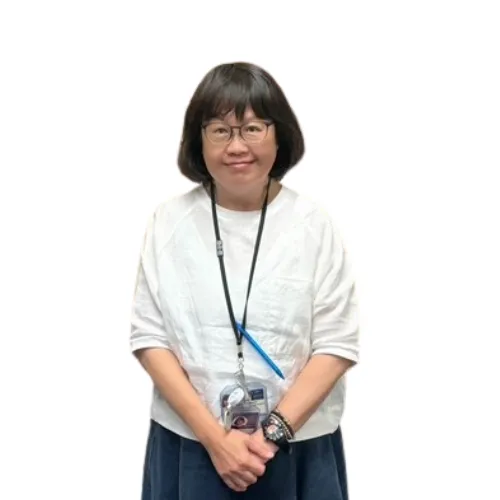
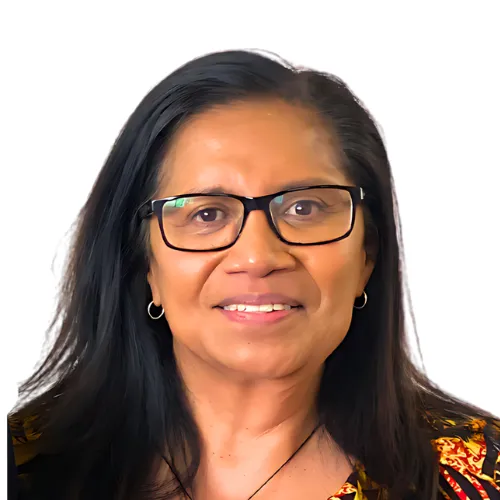
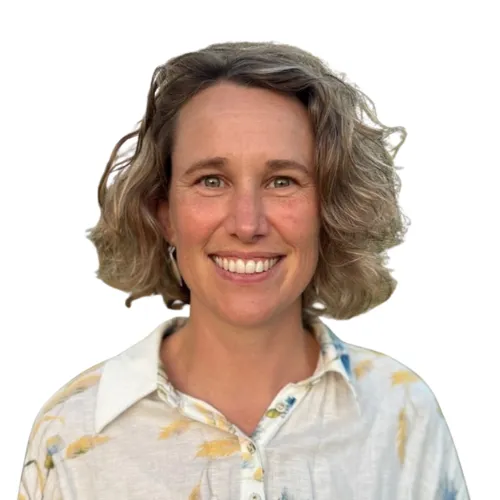

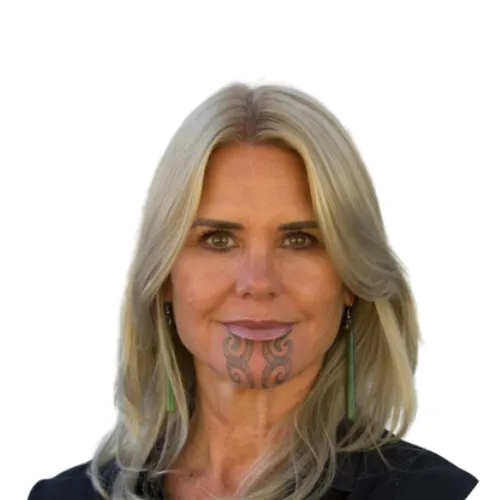
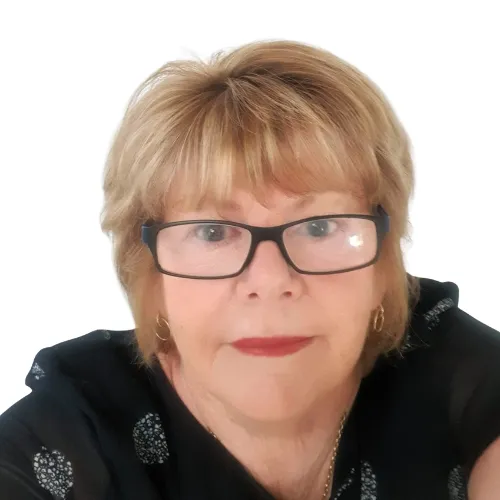
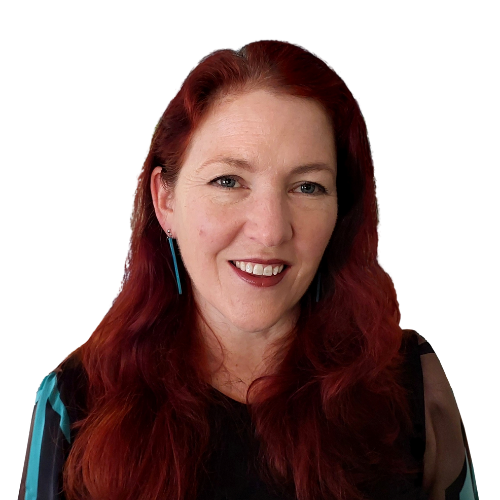
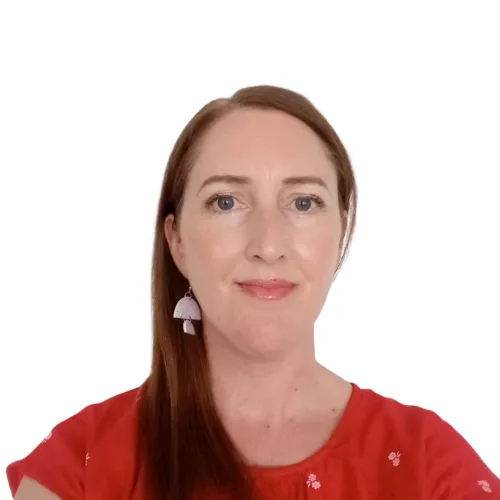
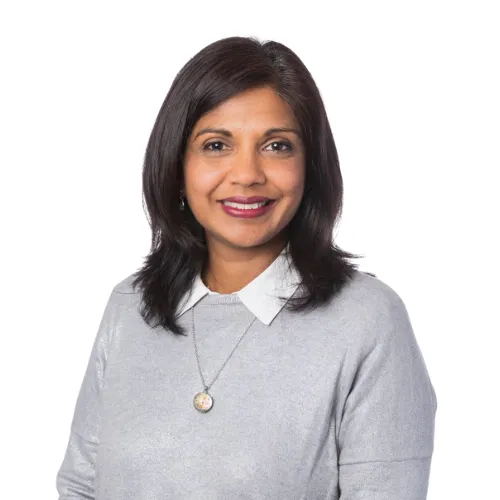
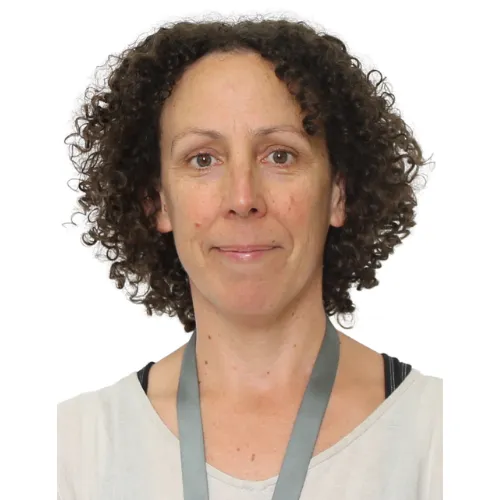
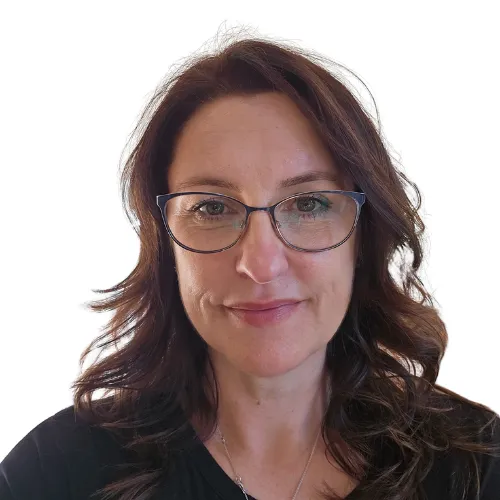
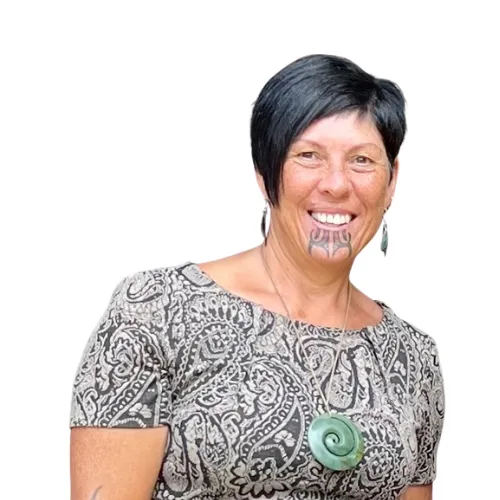





.png)
.webp)


.webp)
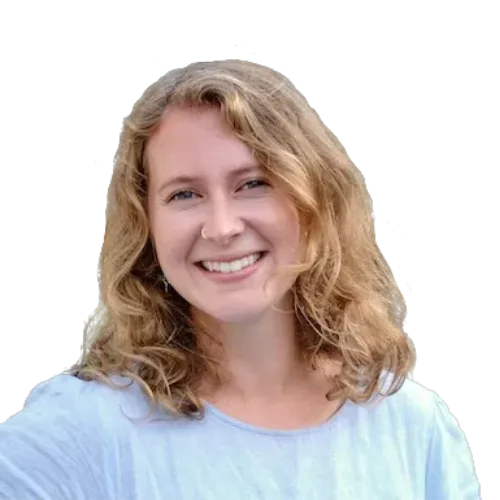
.webp)


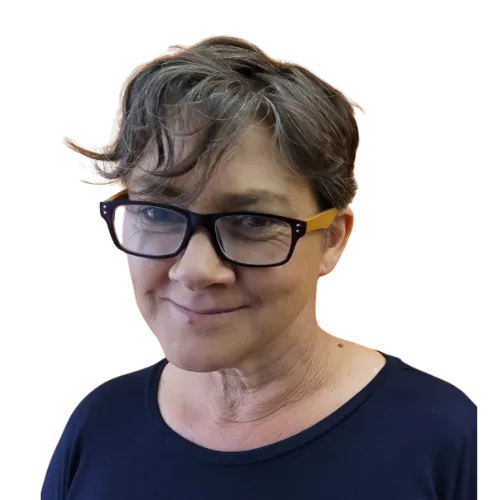

.webp)


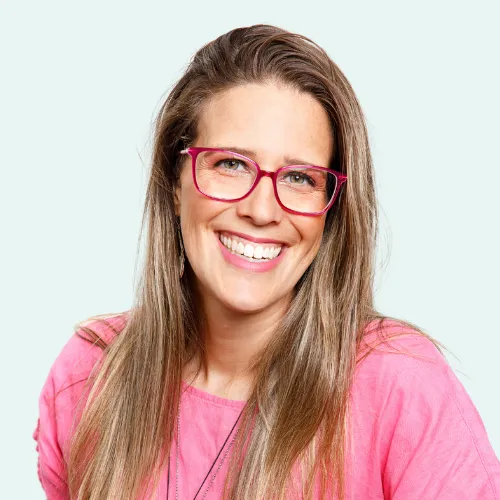
.webp)
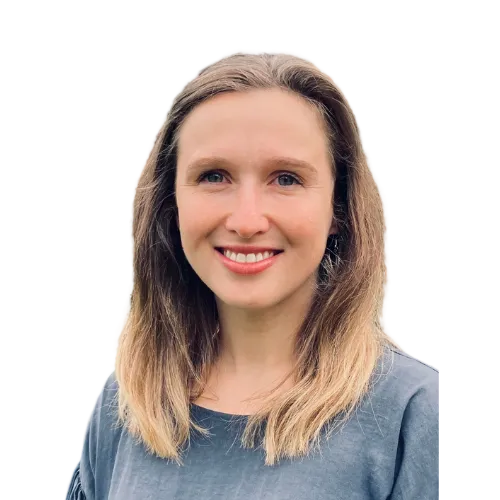



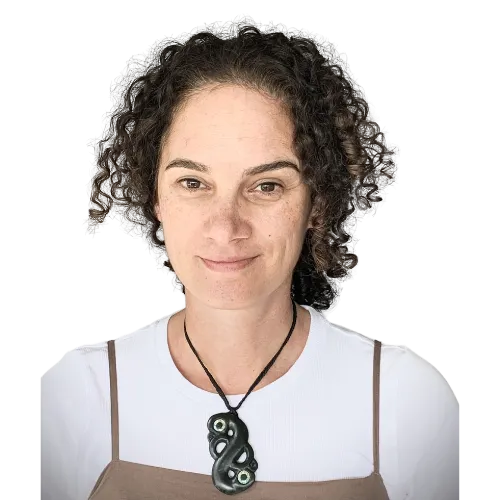
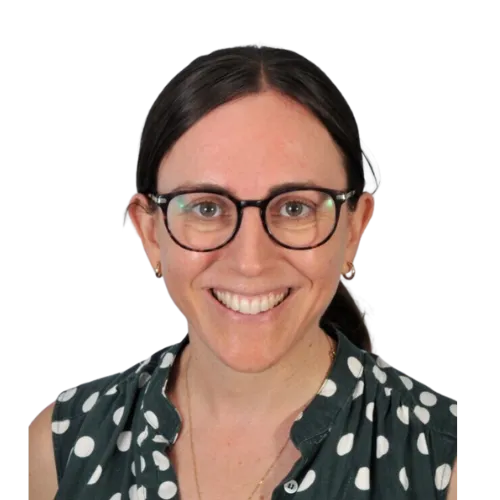
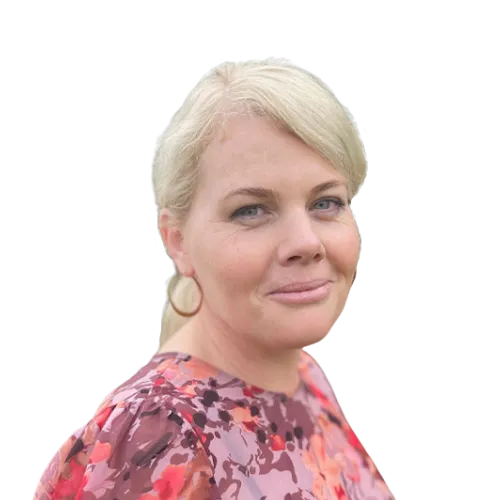
.webp)
.webp)
.webp)





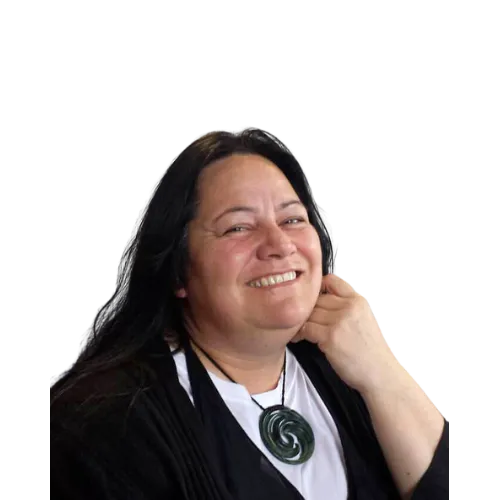




.webp)
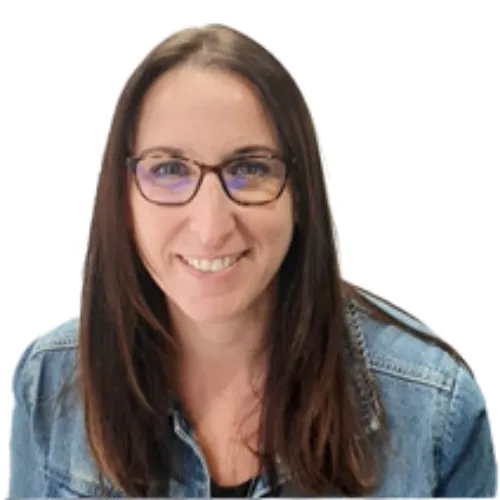
.webp)
.webp)
.webp)
.webp)
.webp)

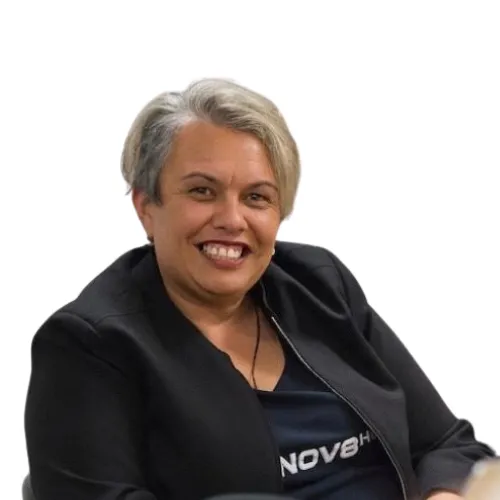
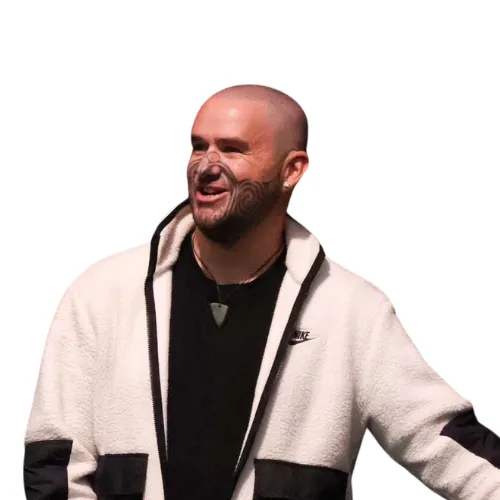
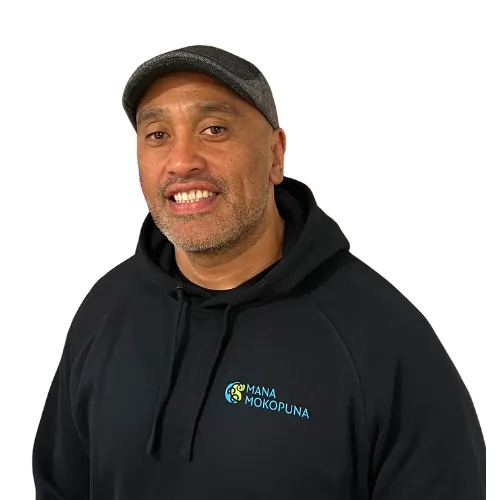
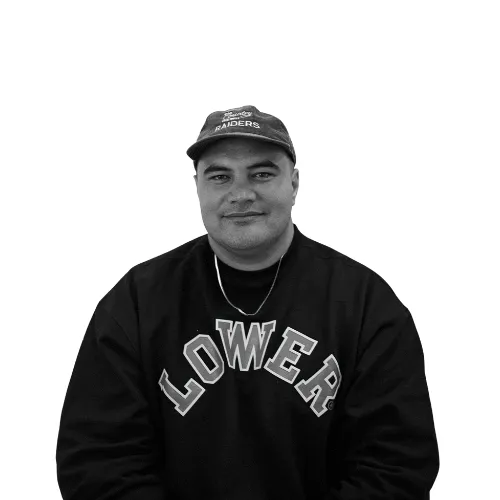

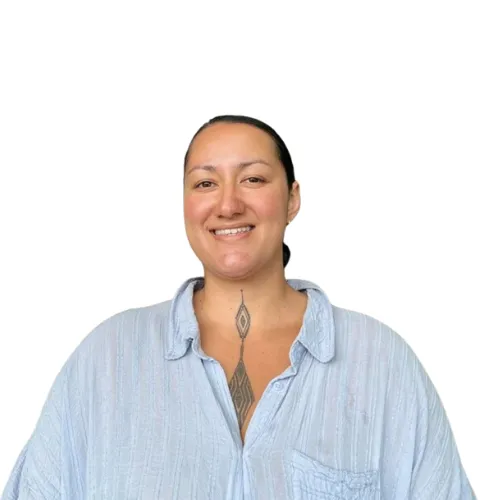

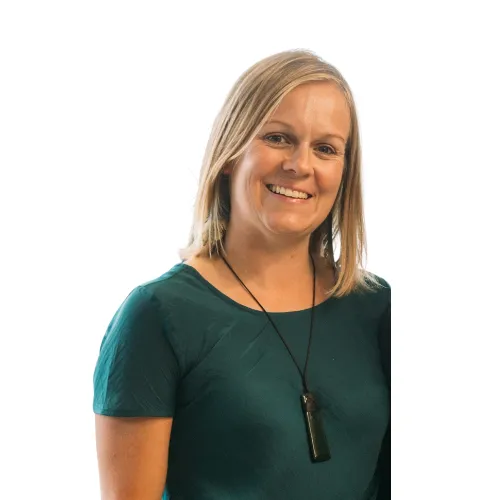
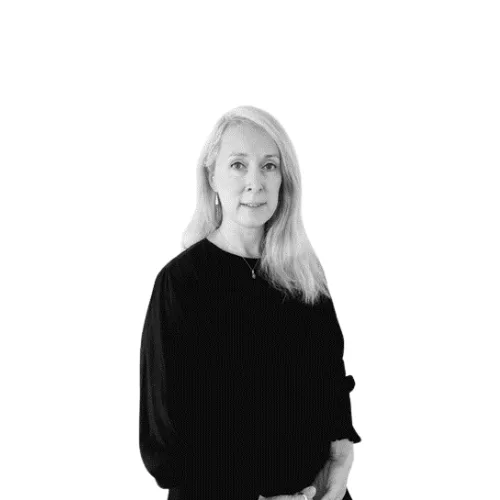


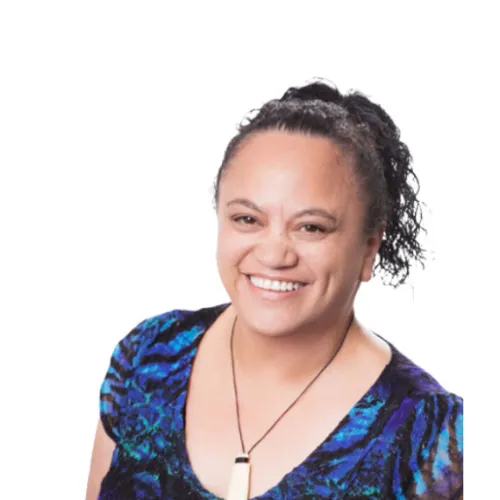




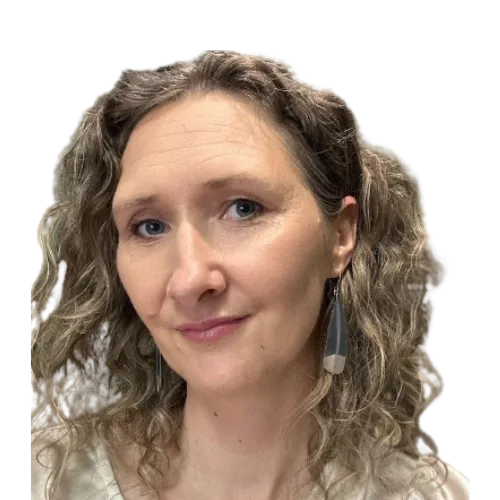

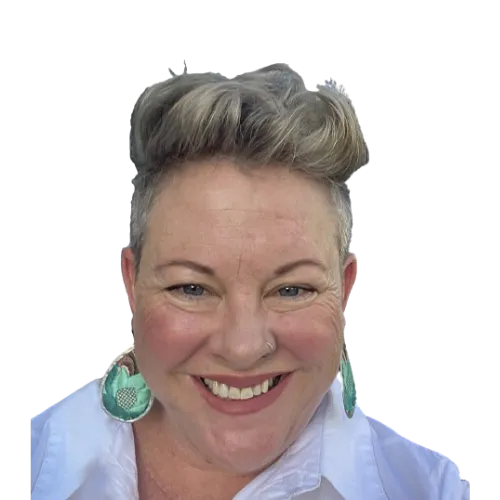
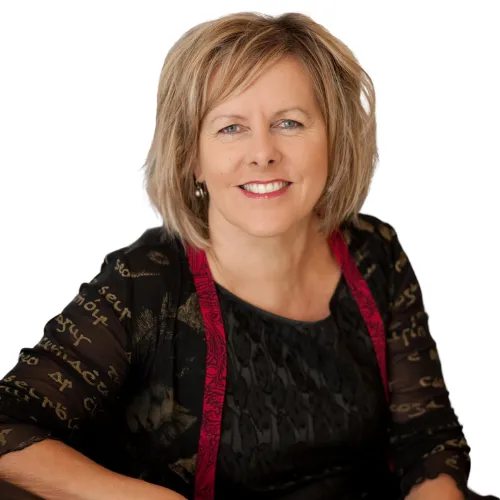
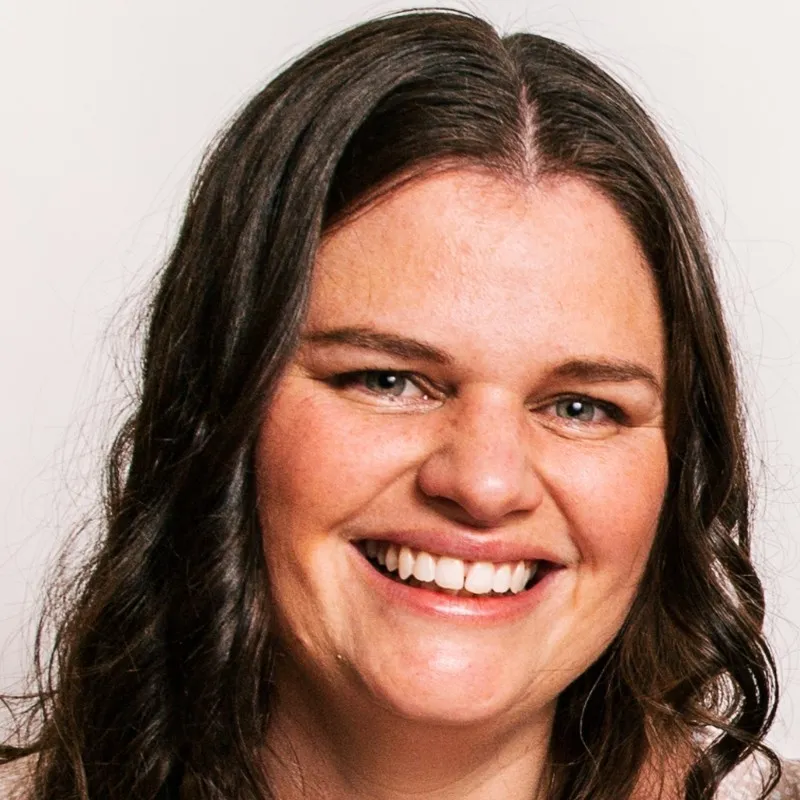

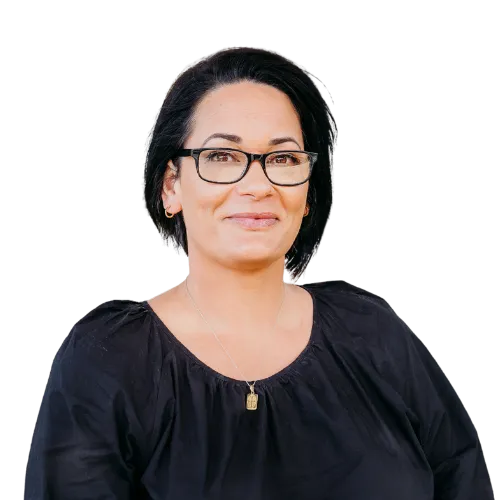
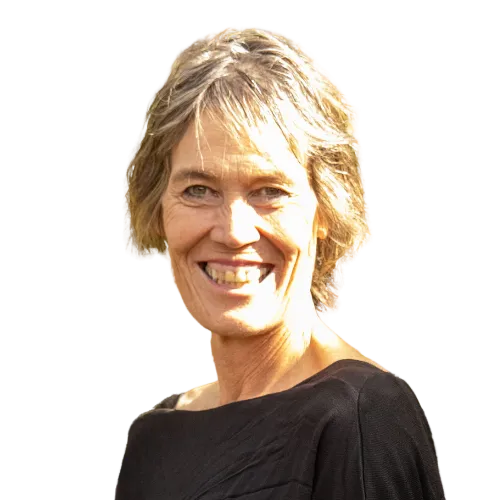
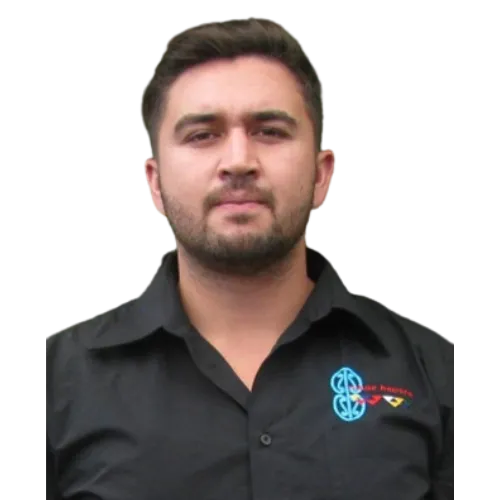
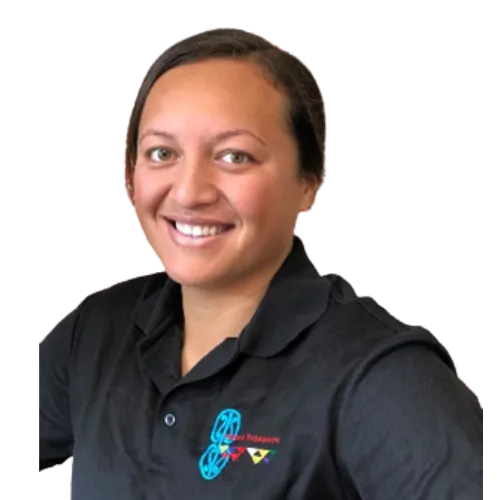
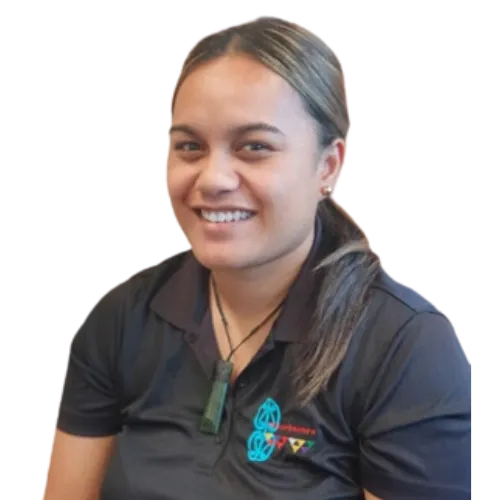
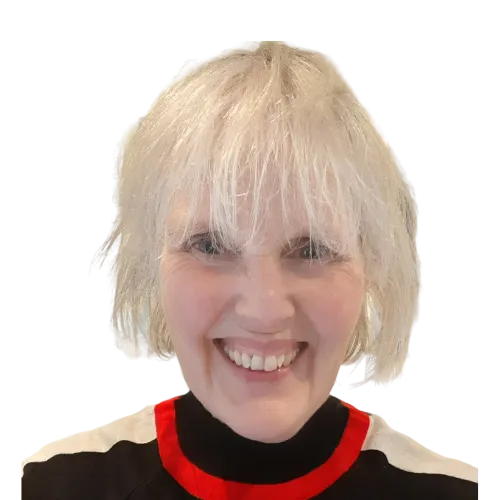
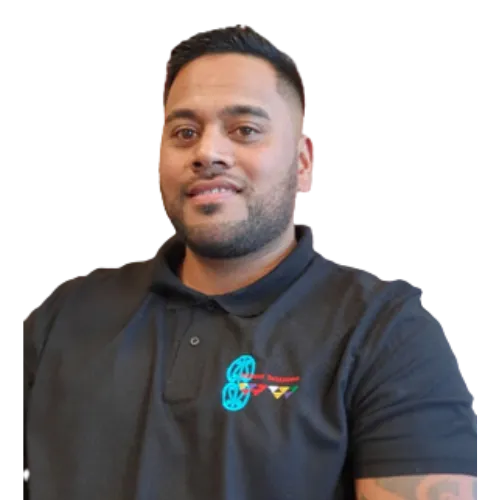

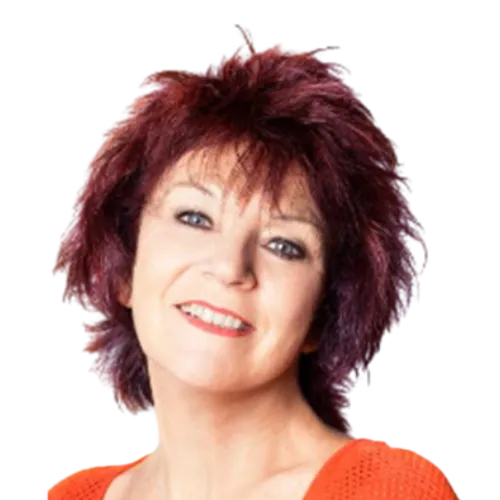
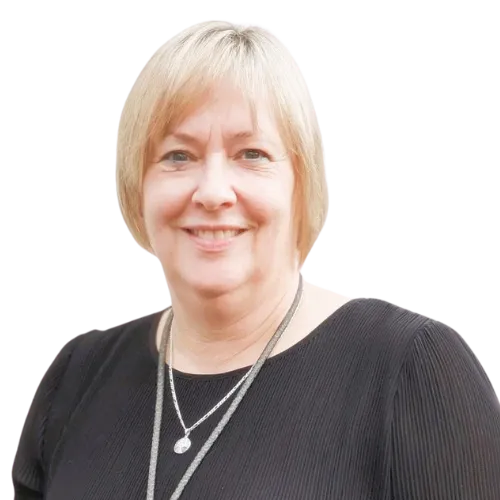
.webp)
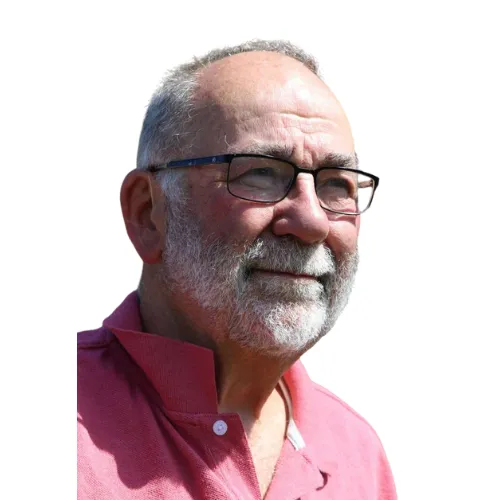



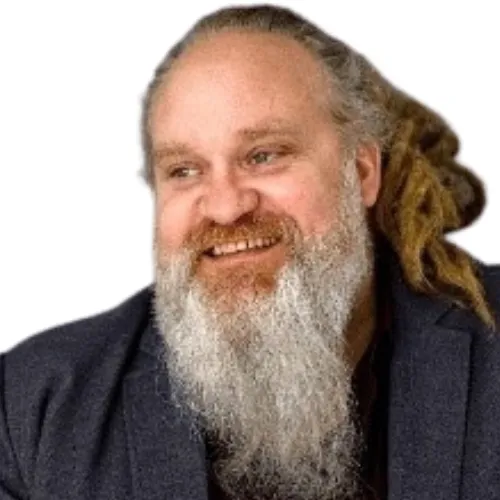
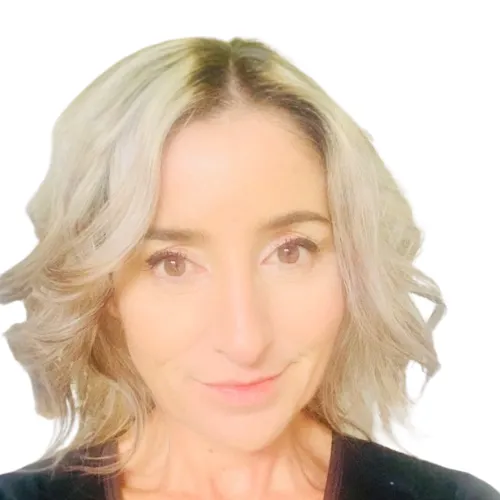
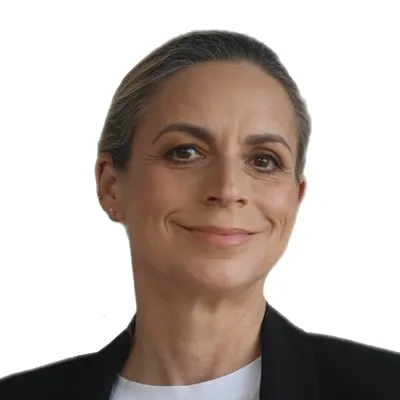
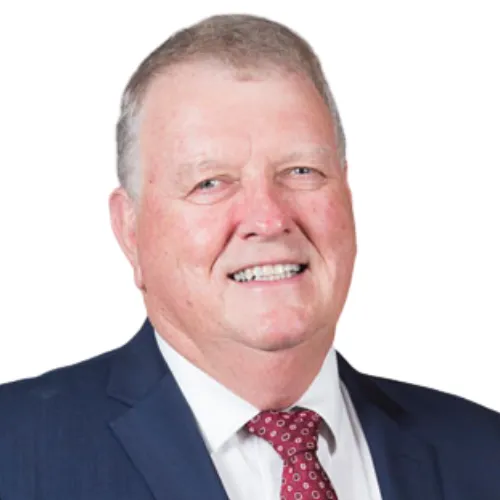

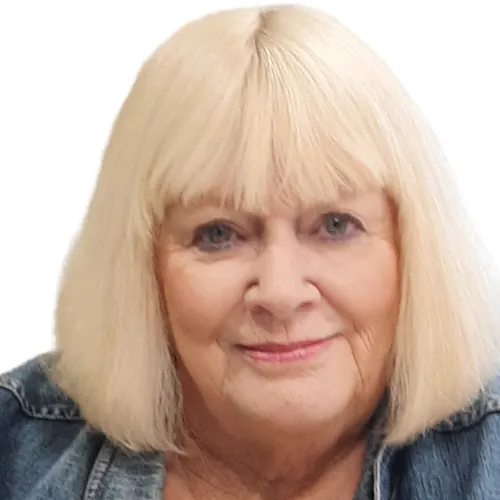
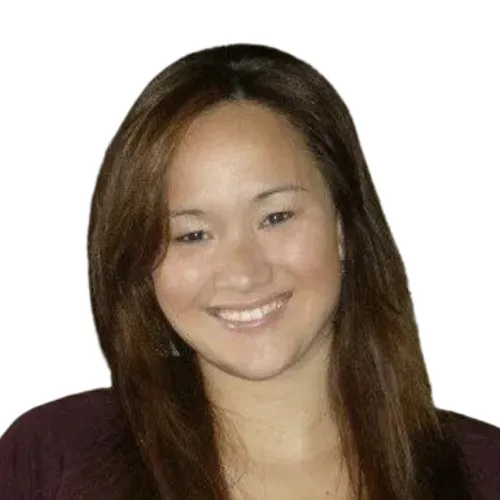
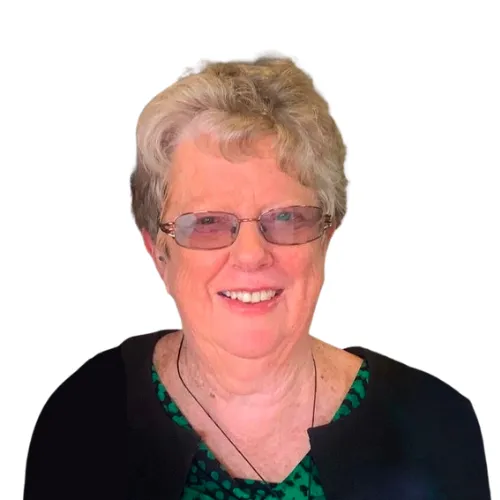
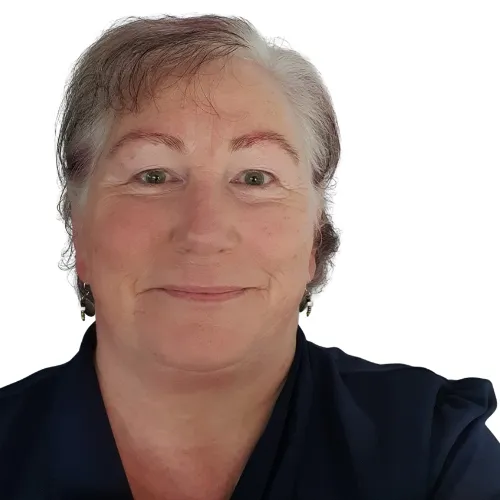


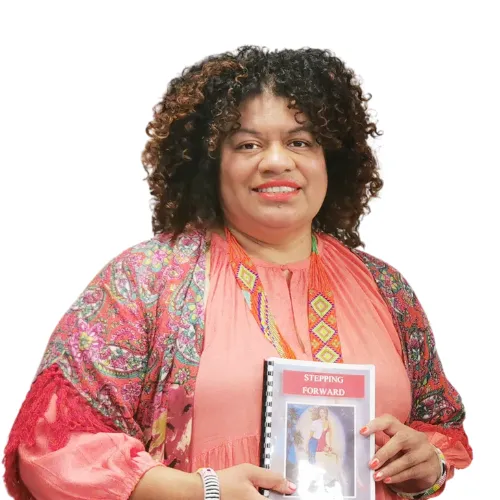
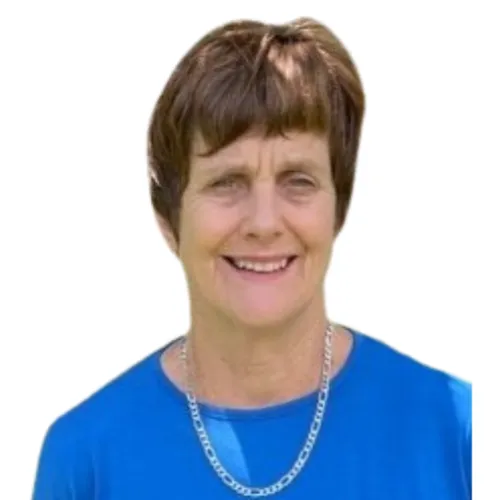


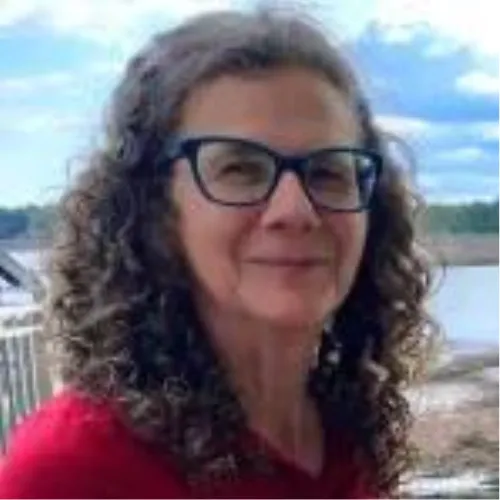

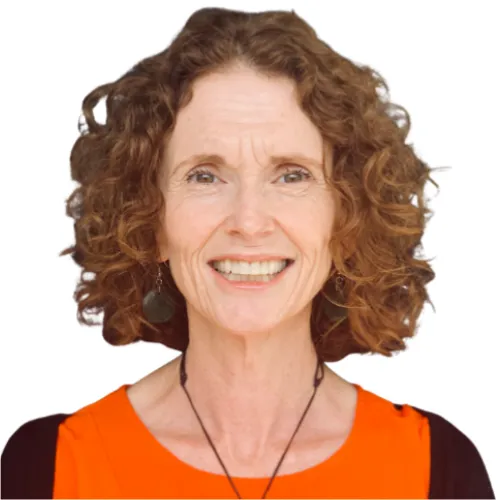
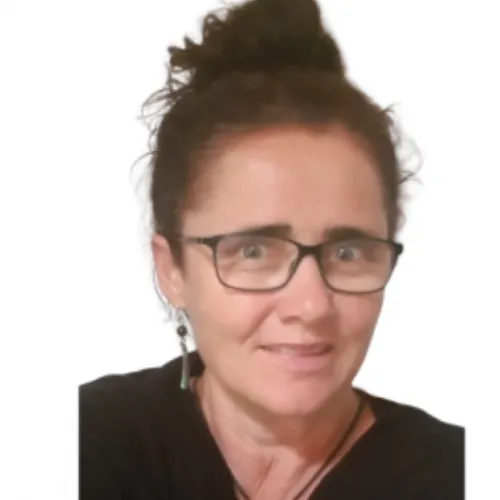
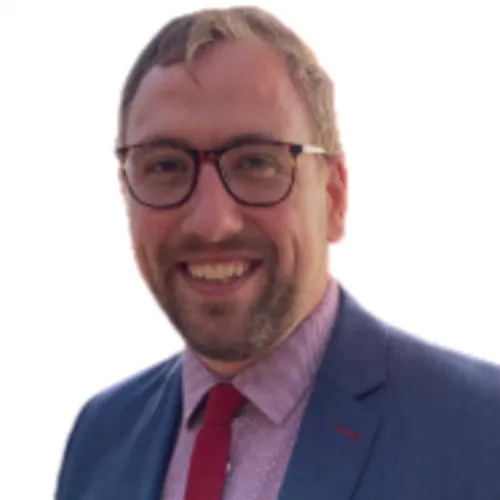
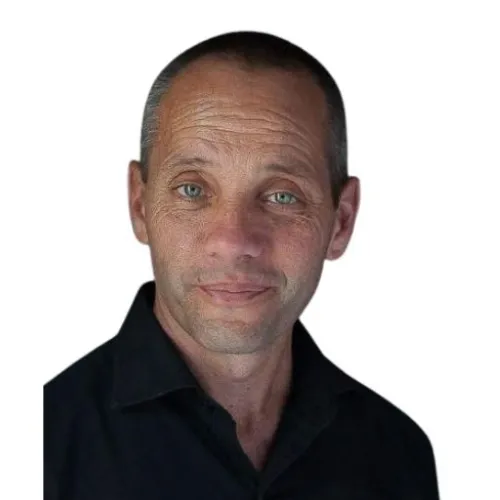


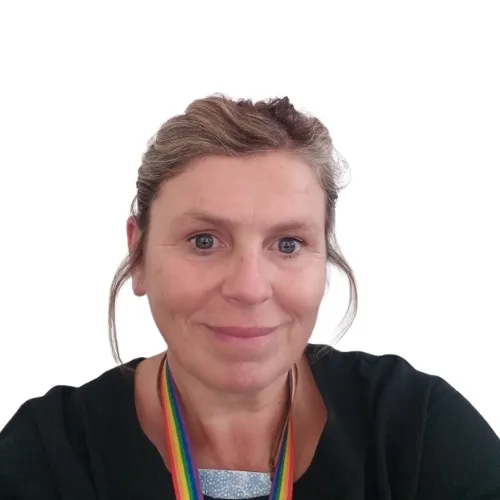
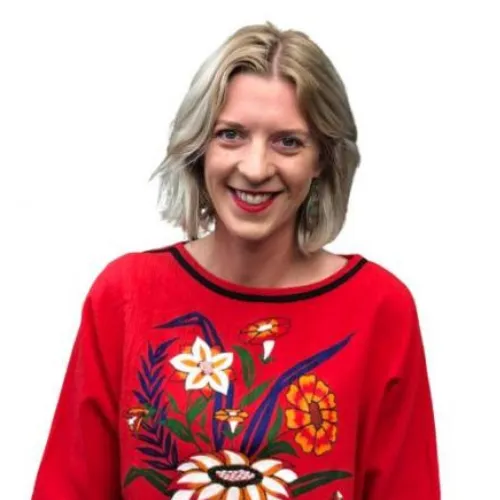

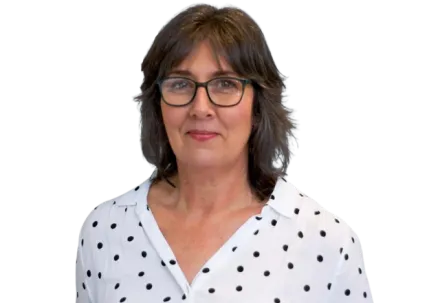
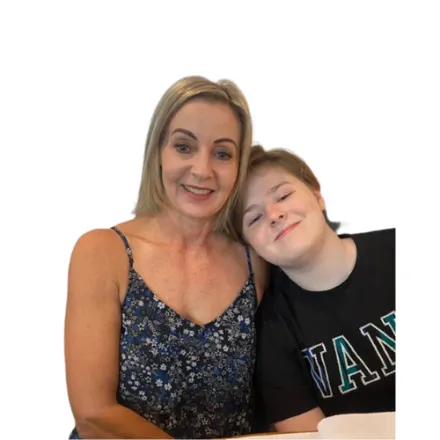
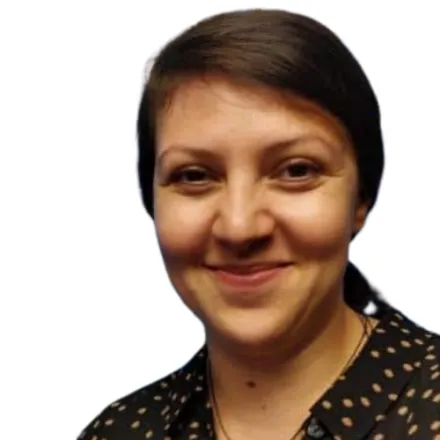


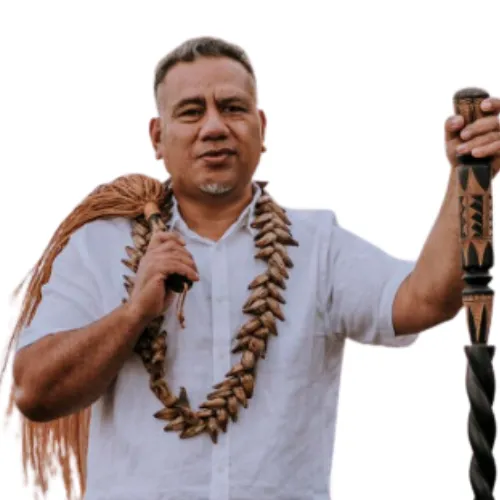

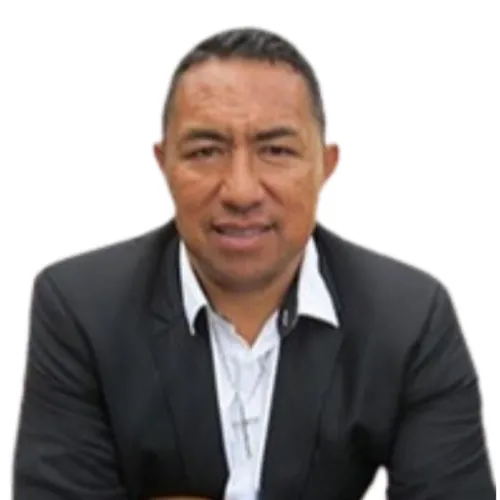
.webp)


.webp)

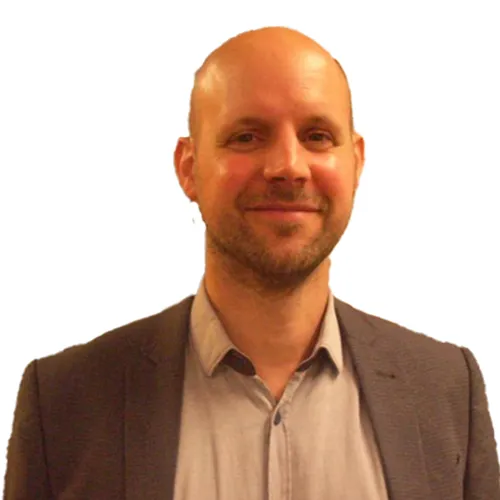

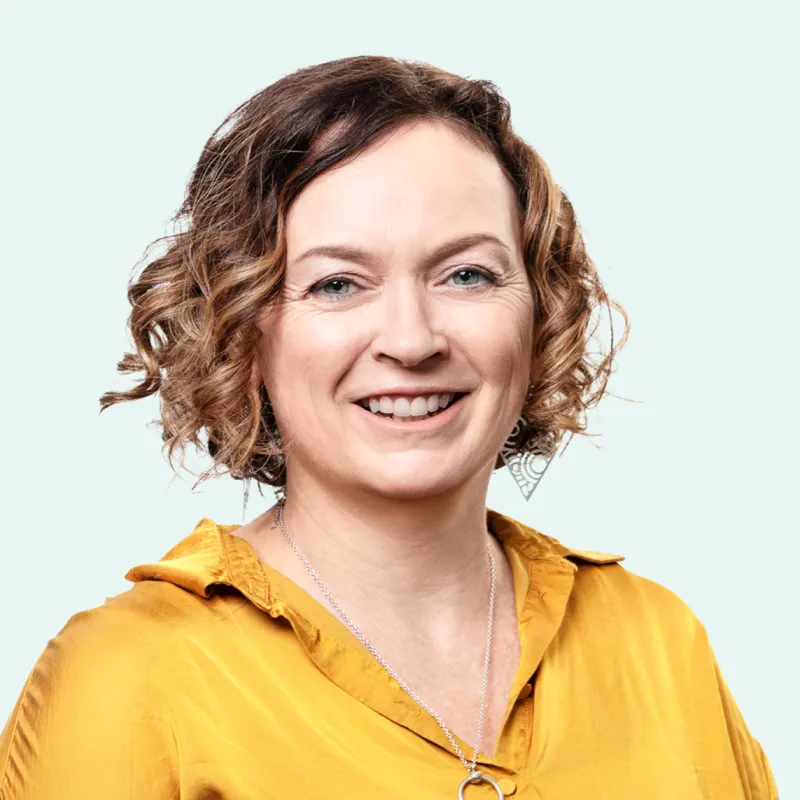

.webp)



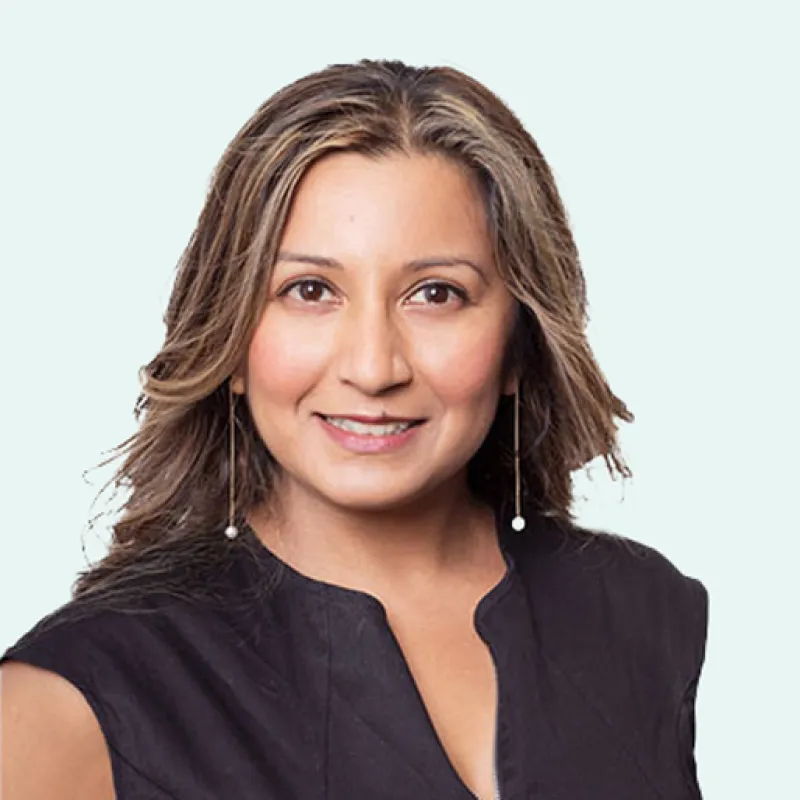


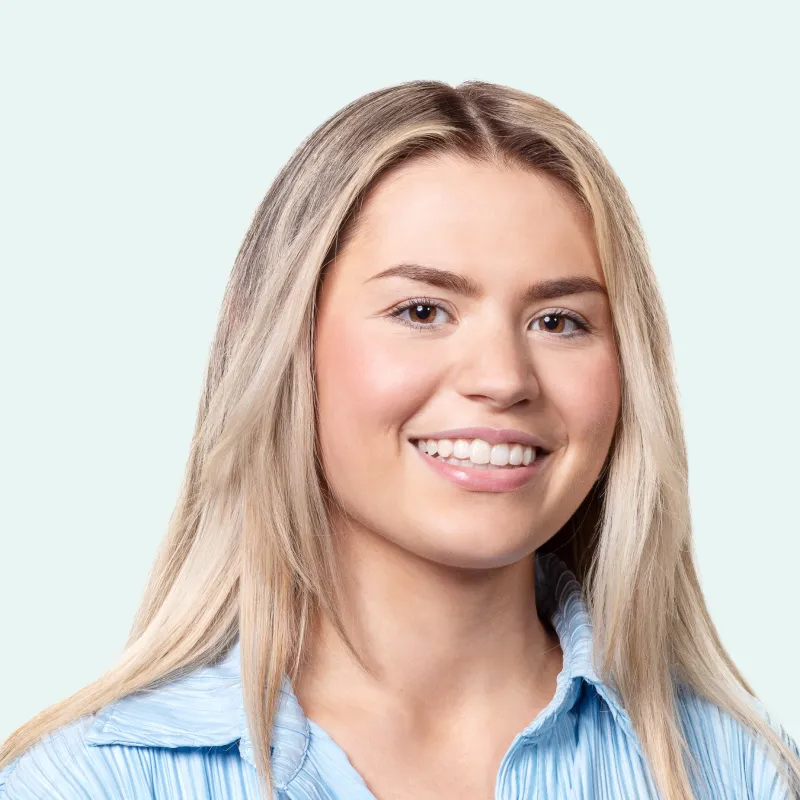

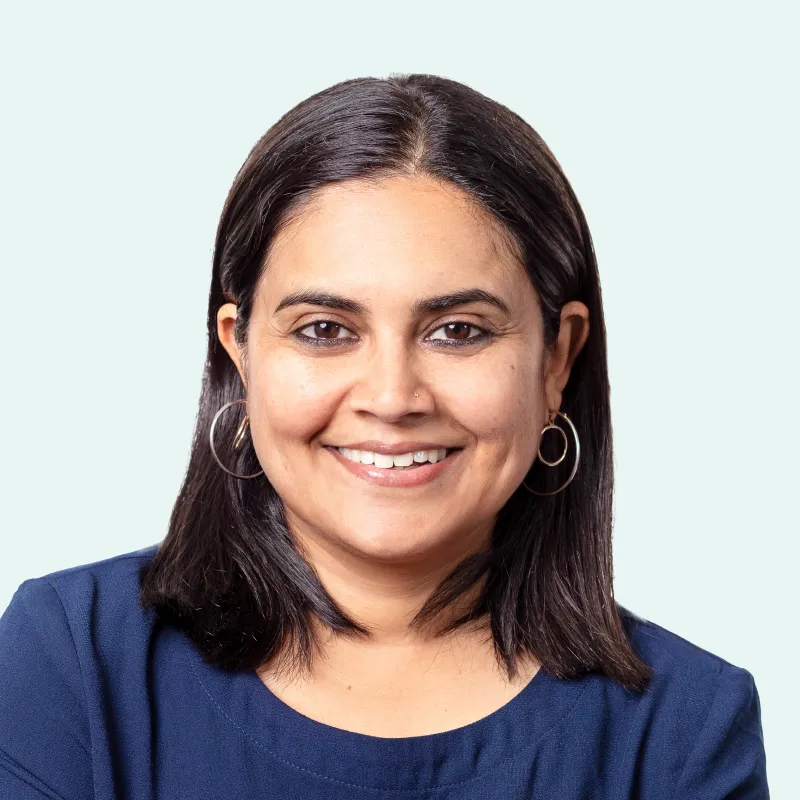


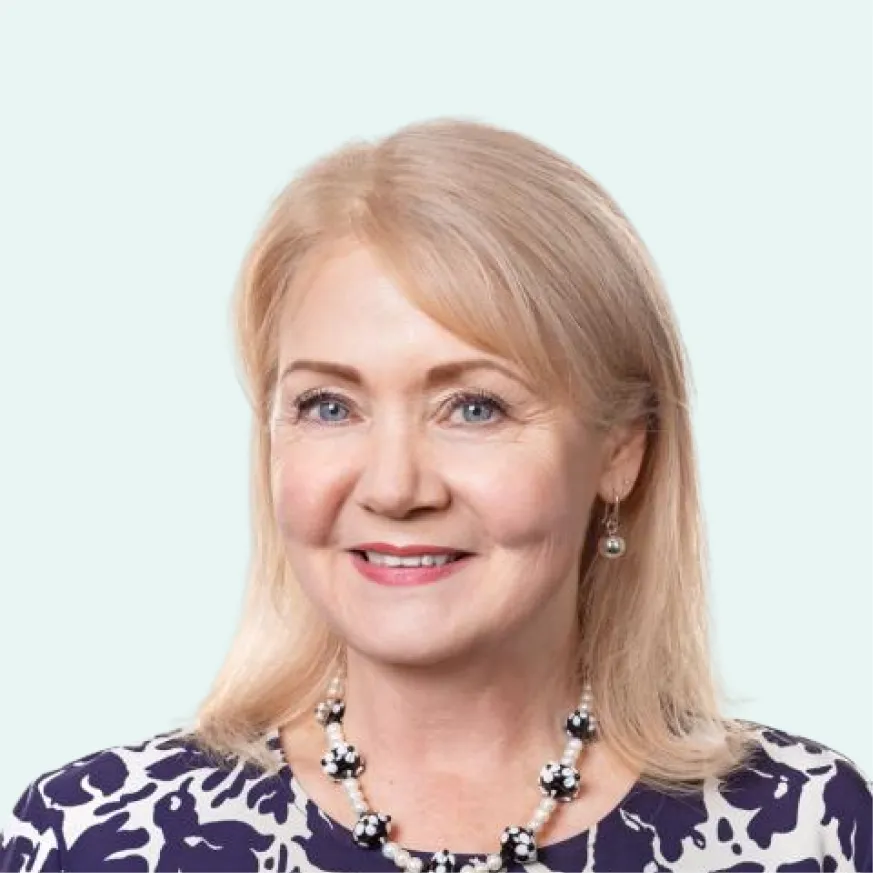
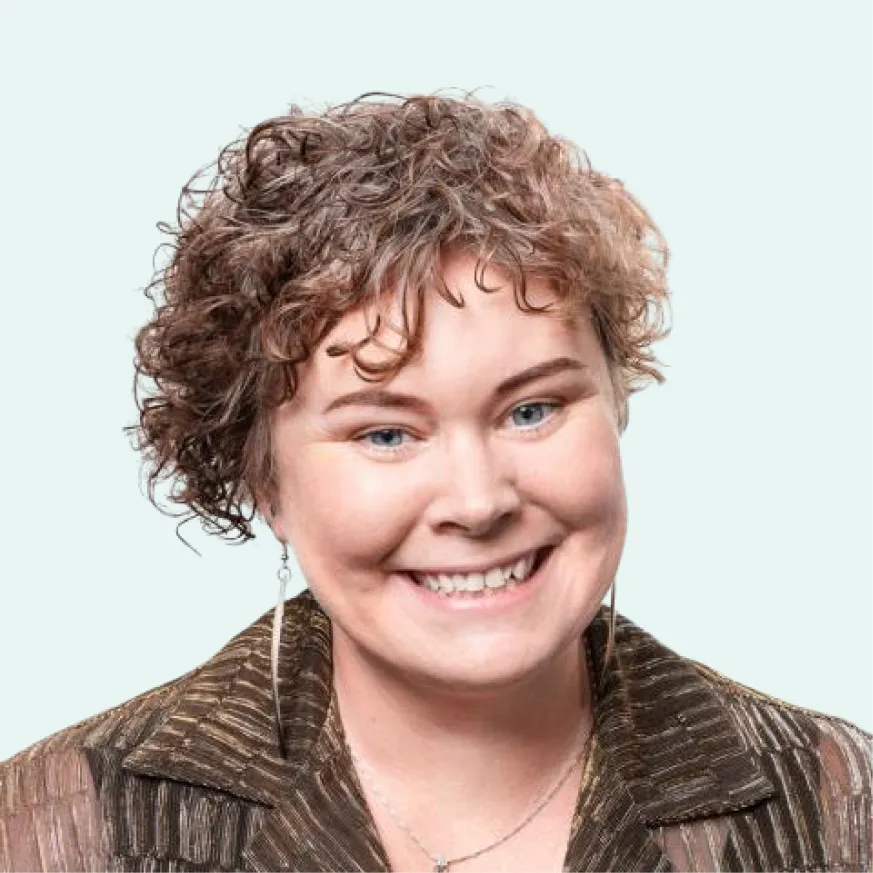


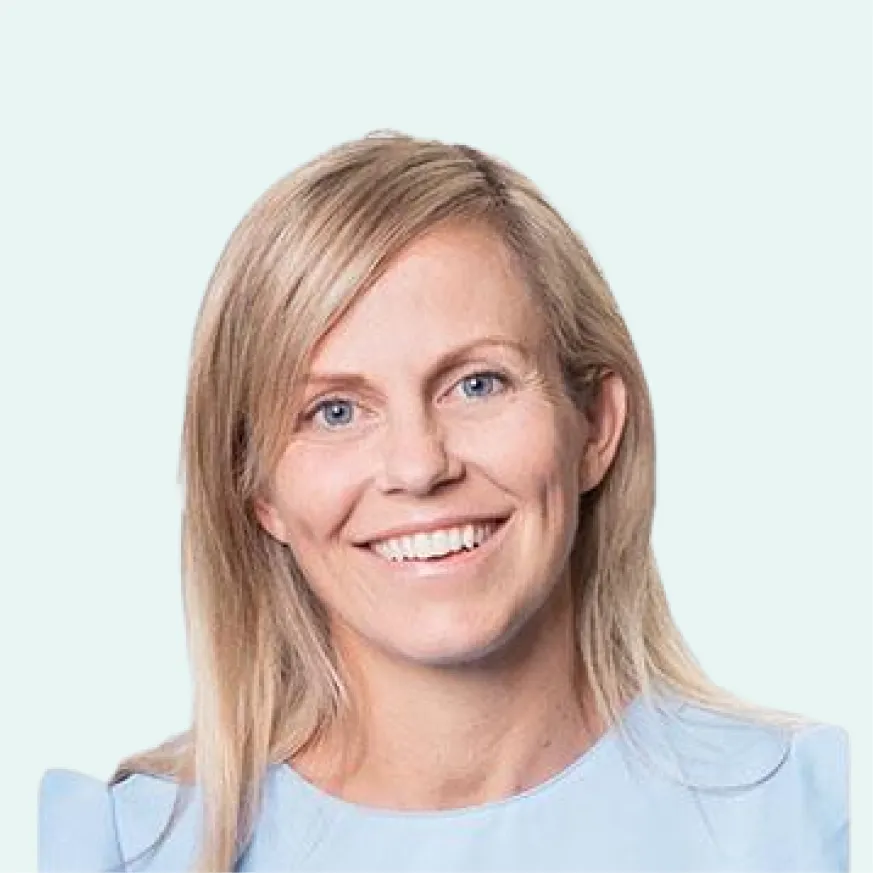
.webp)
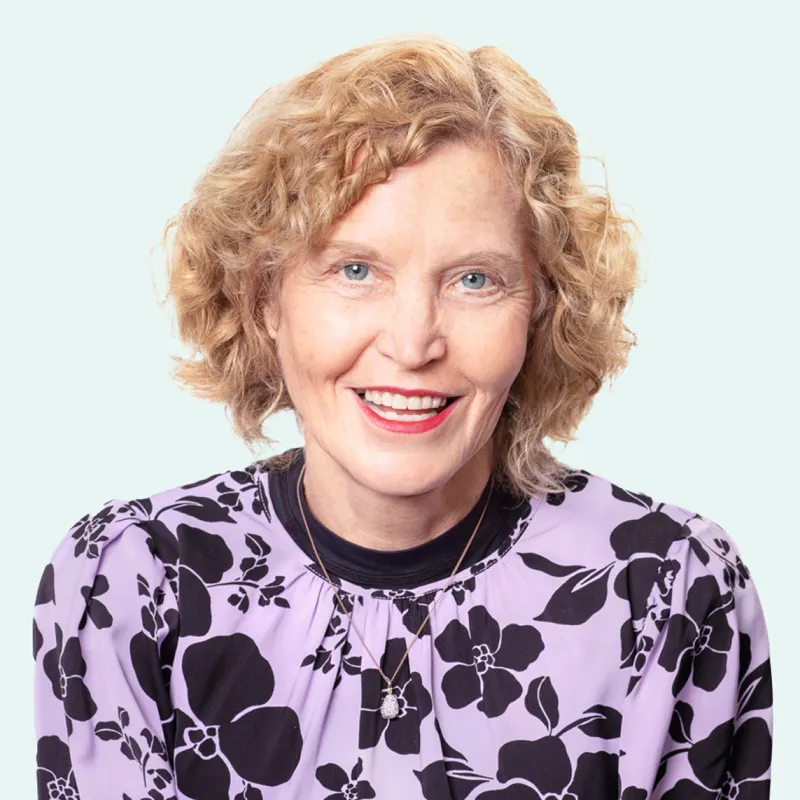
.webp)


